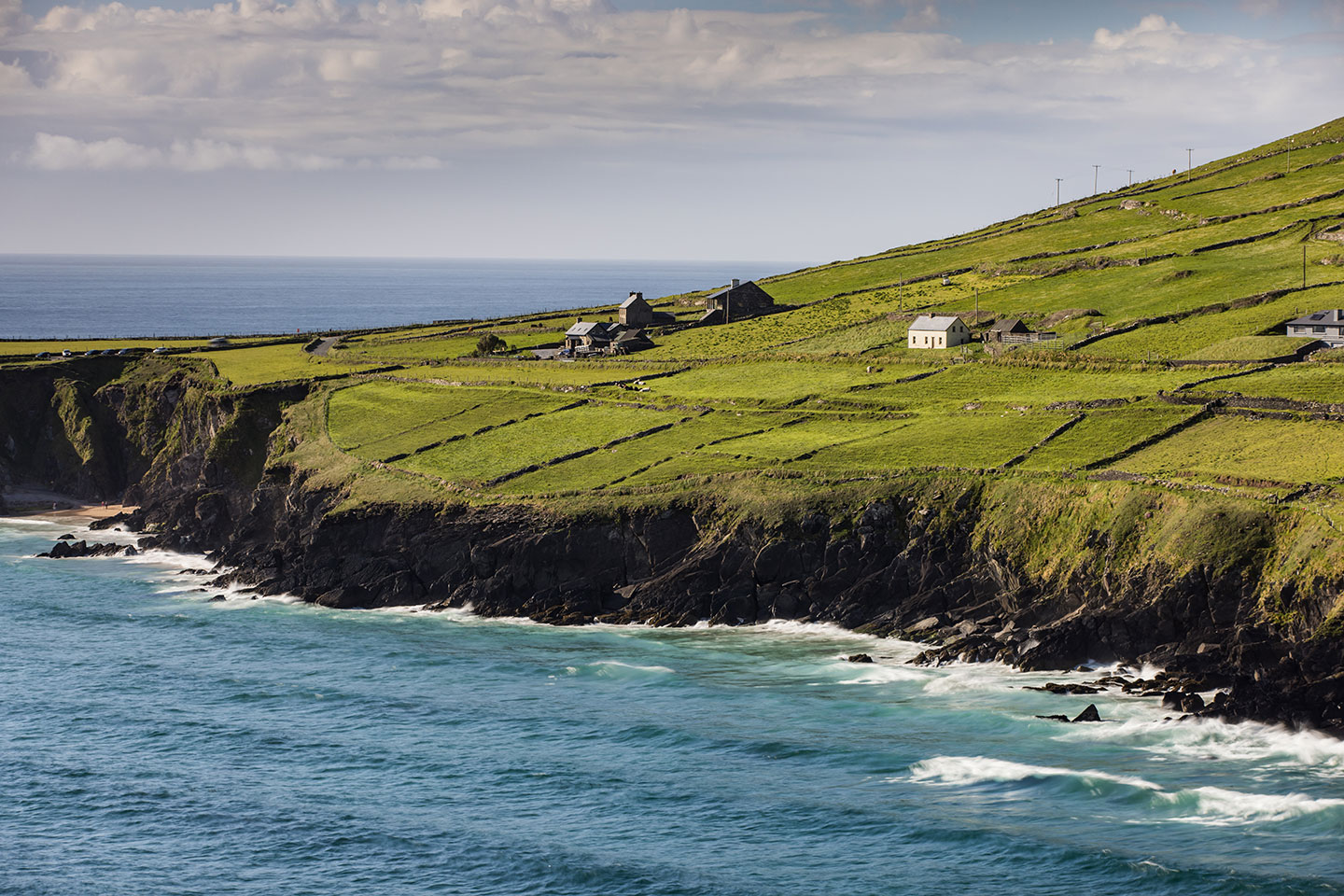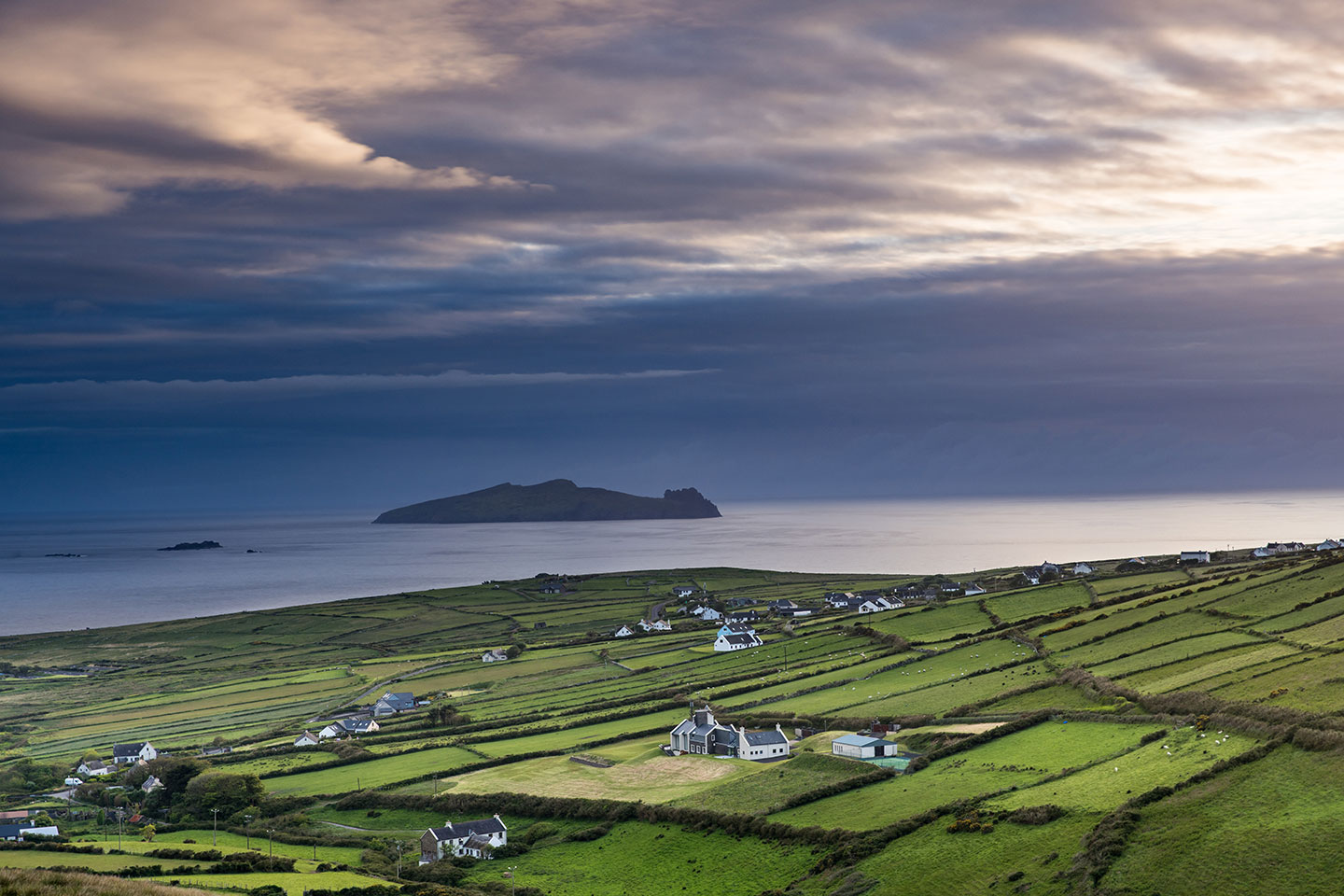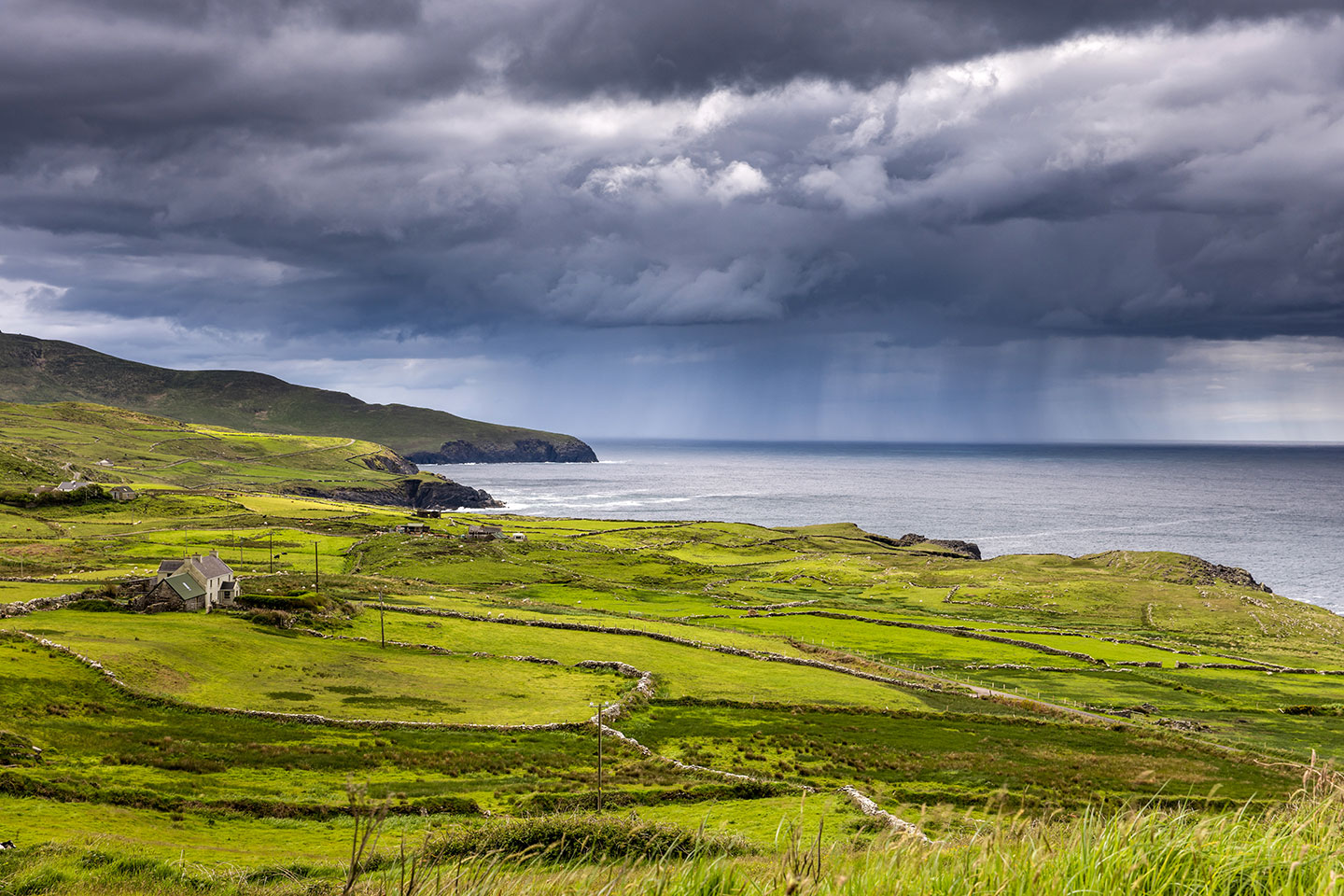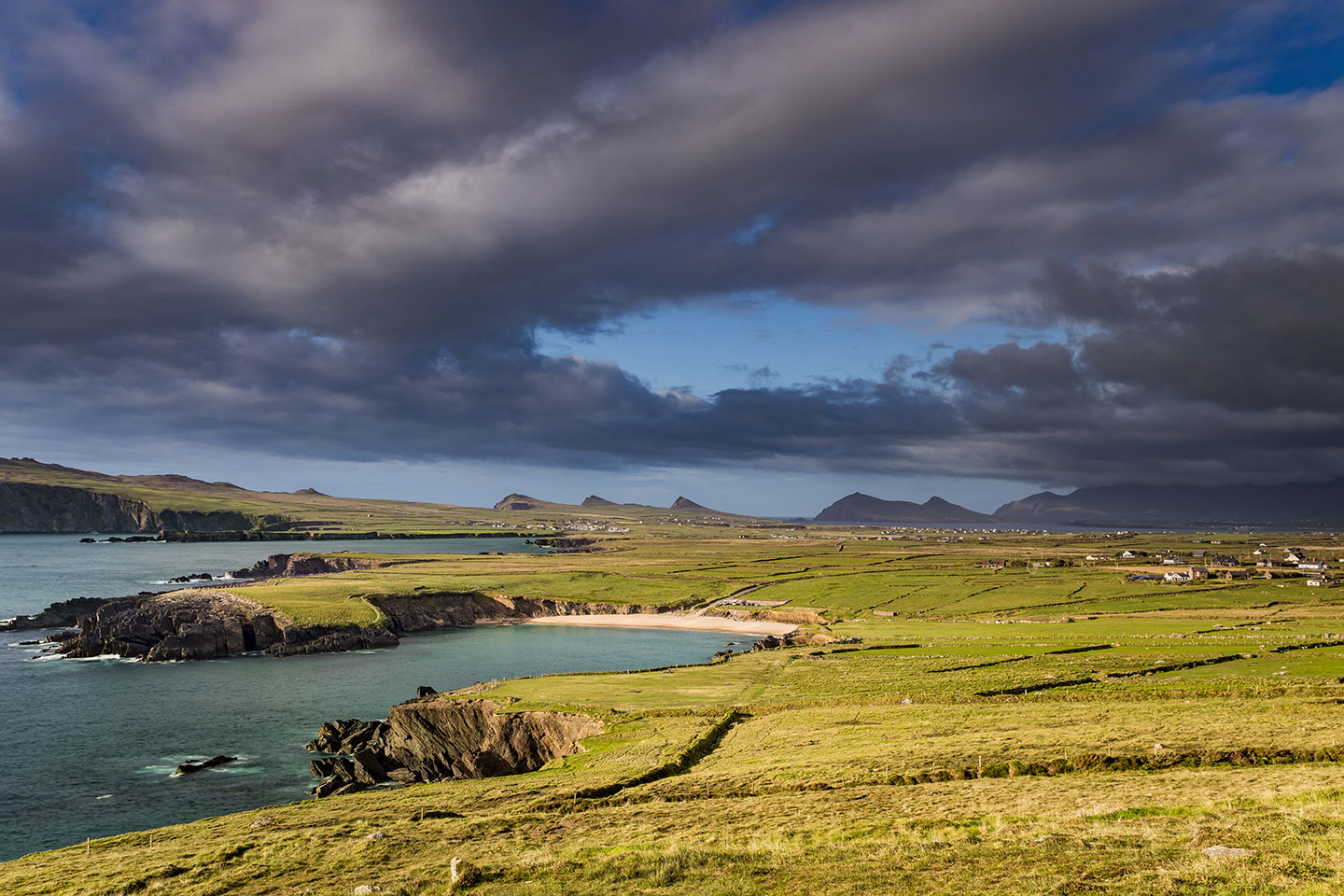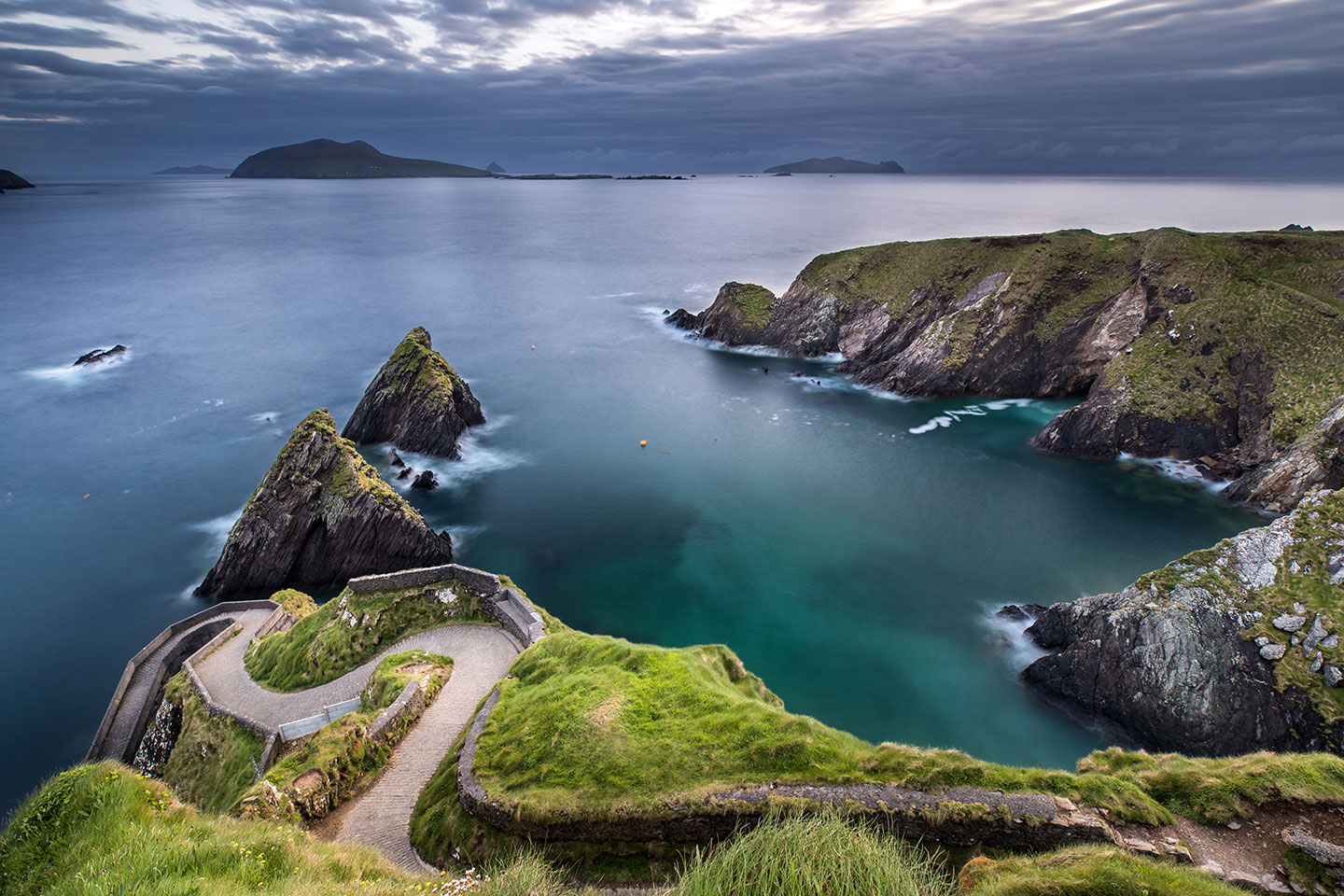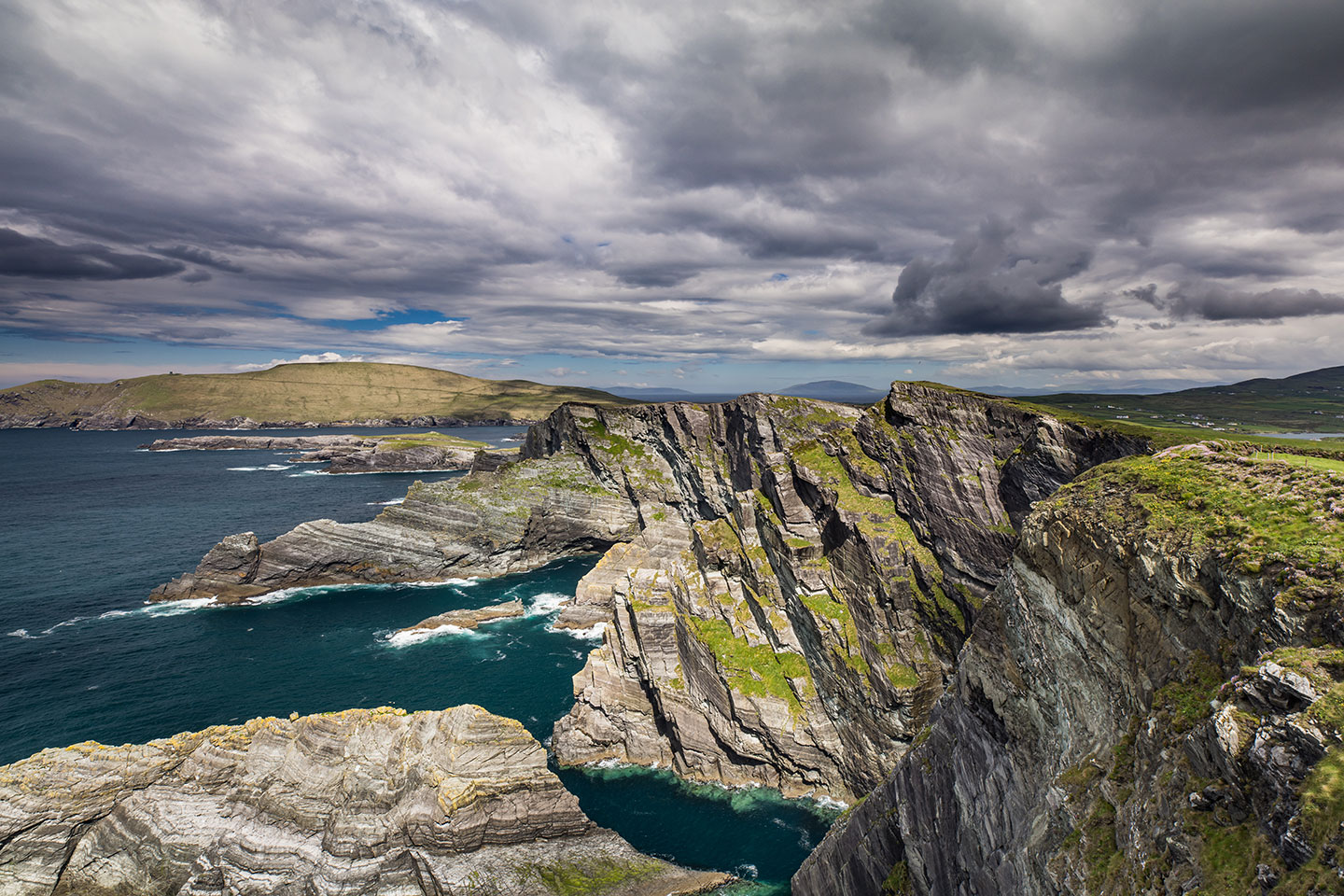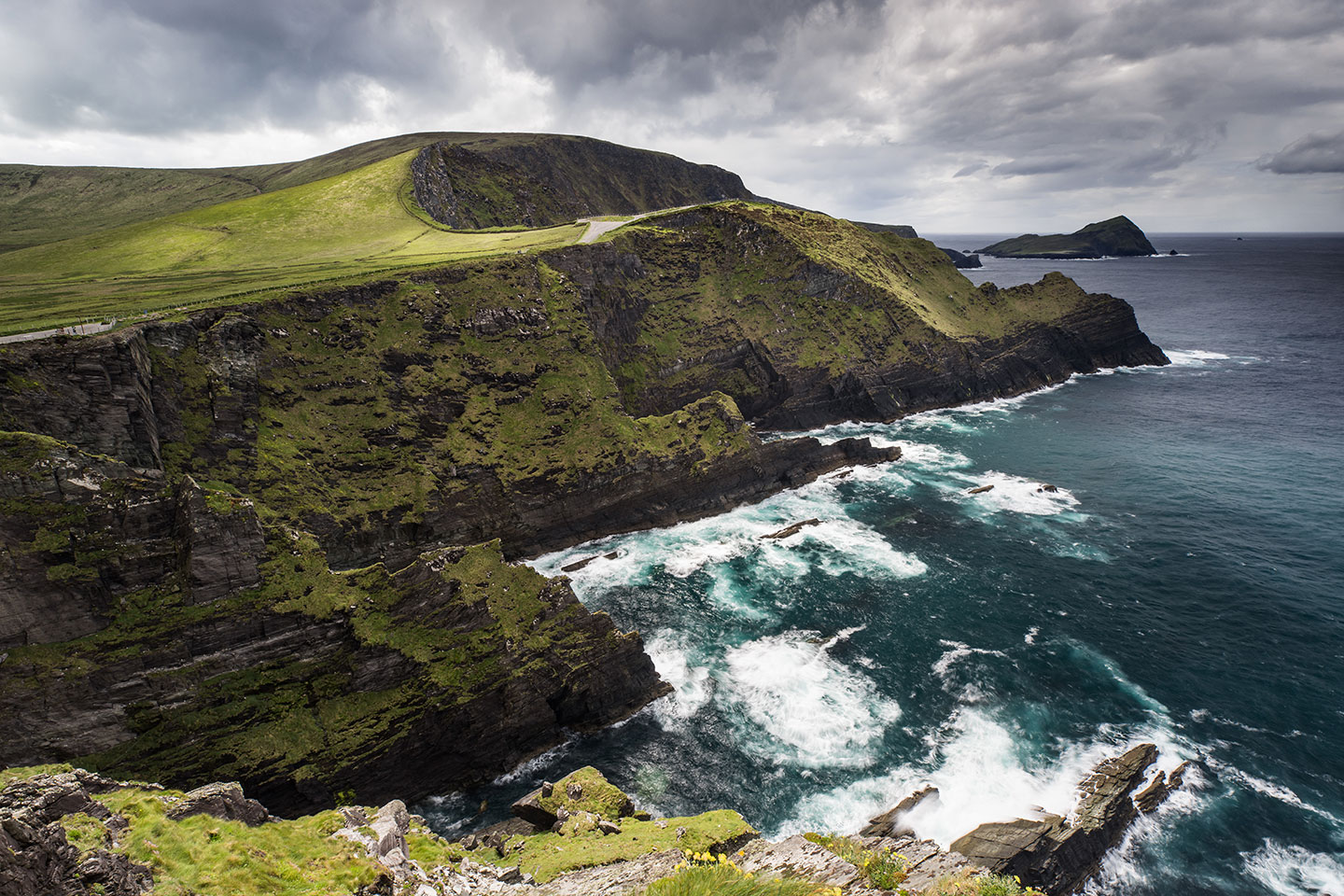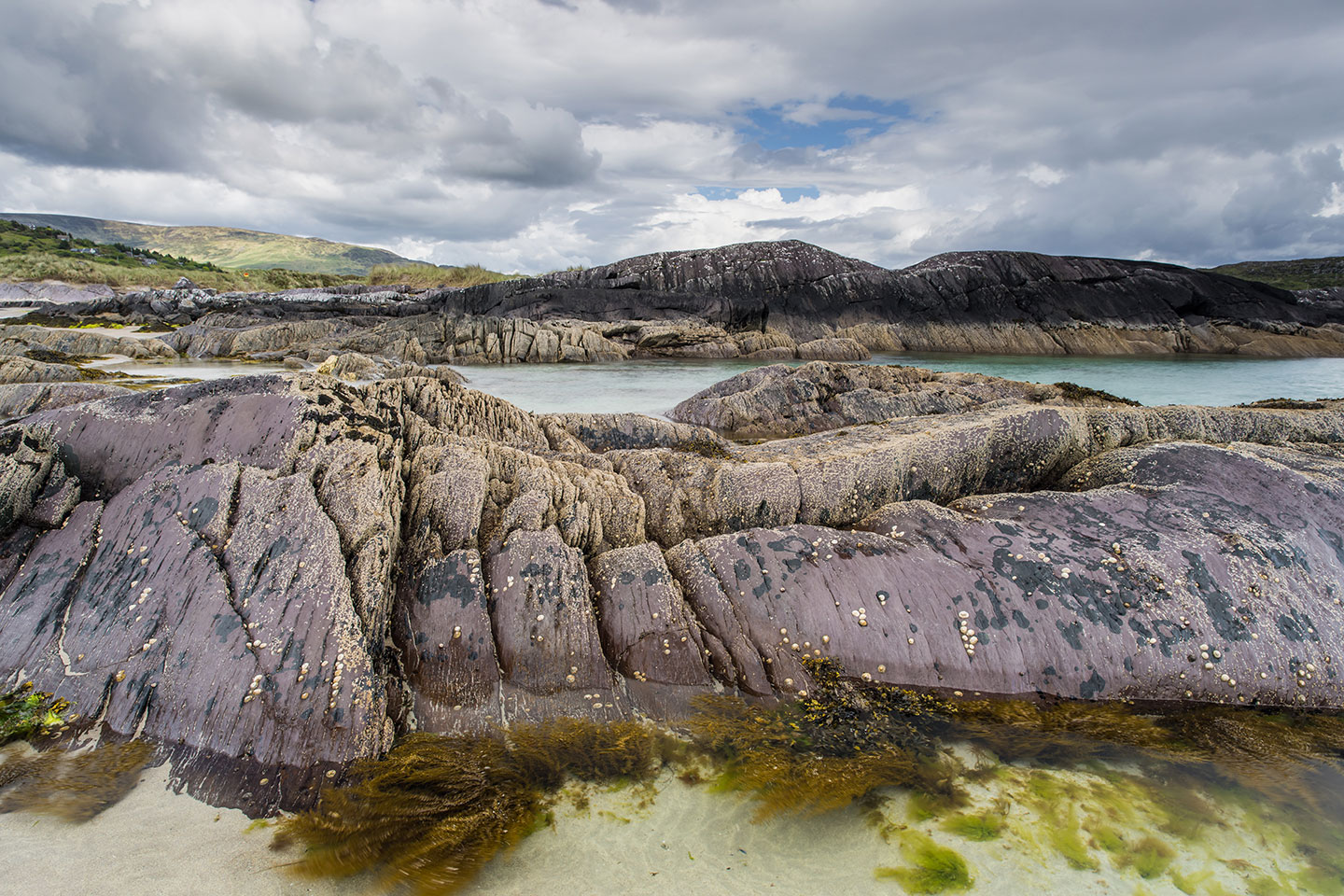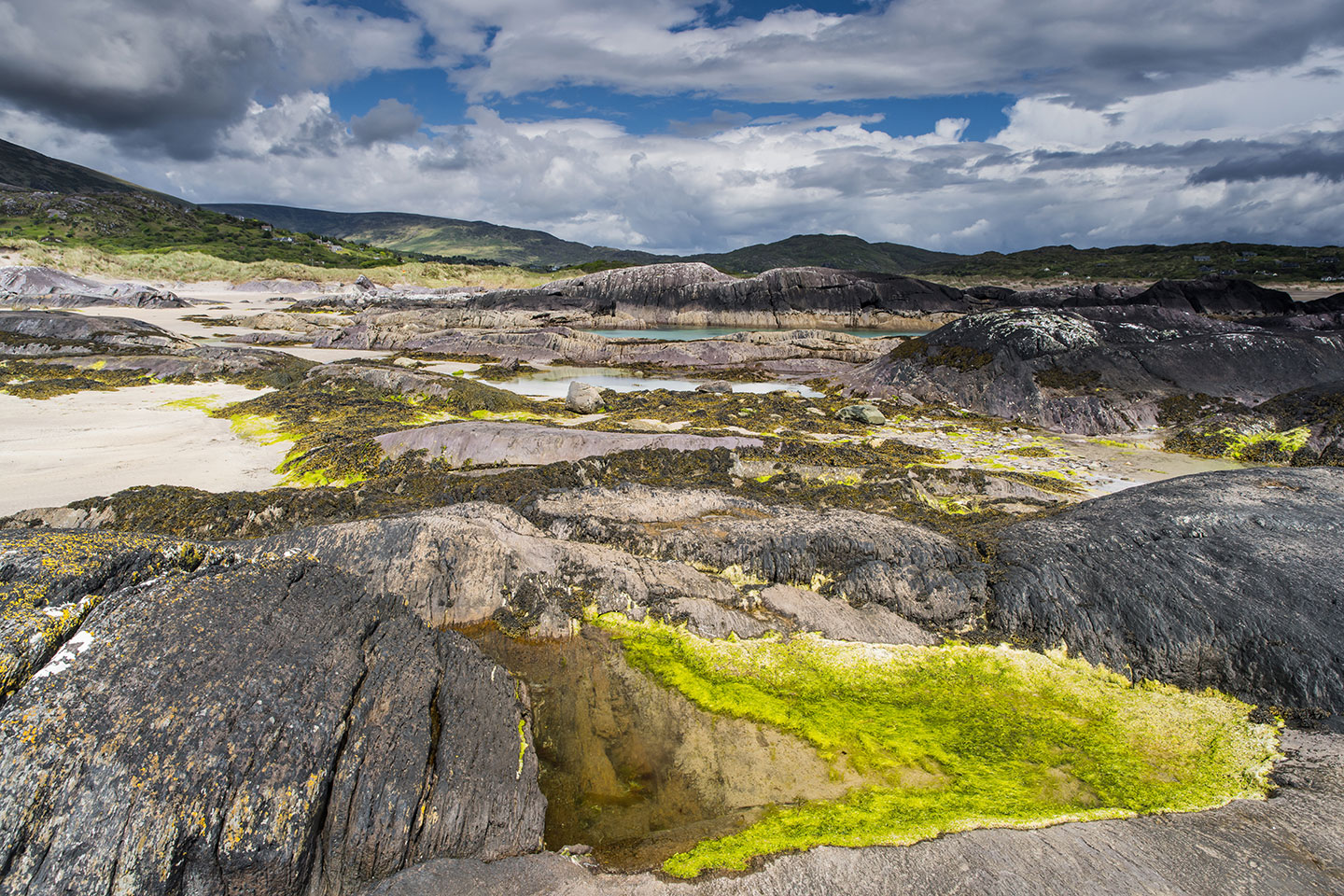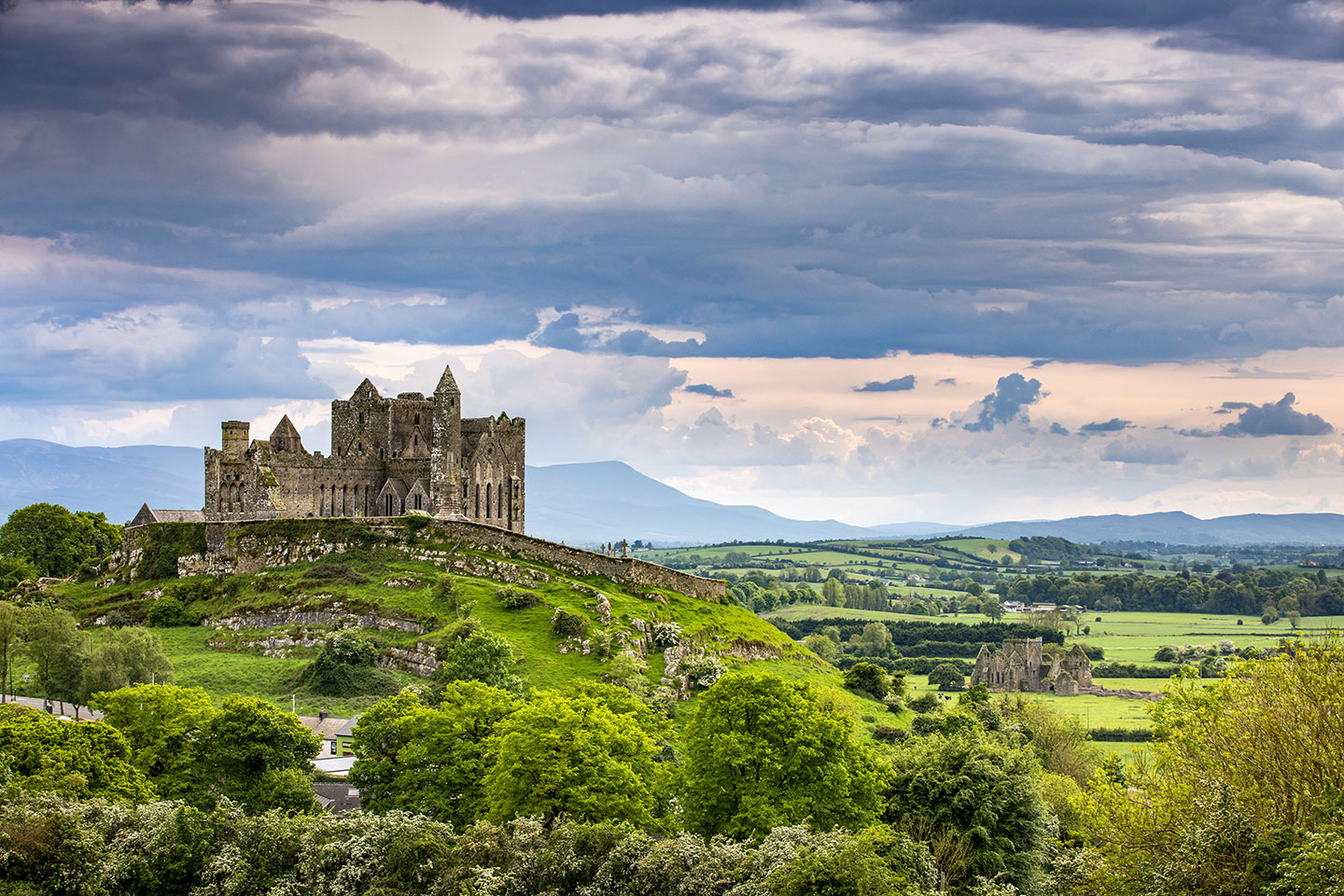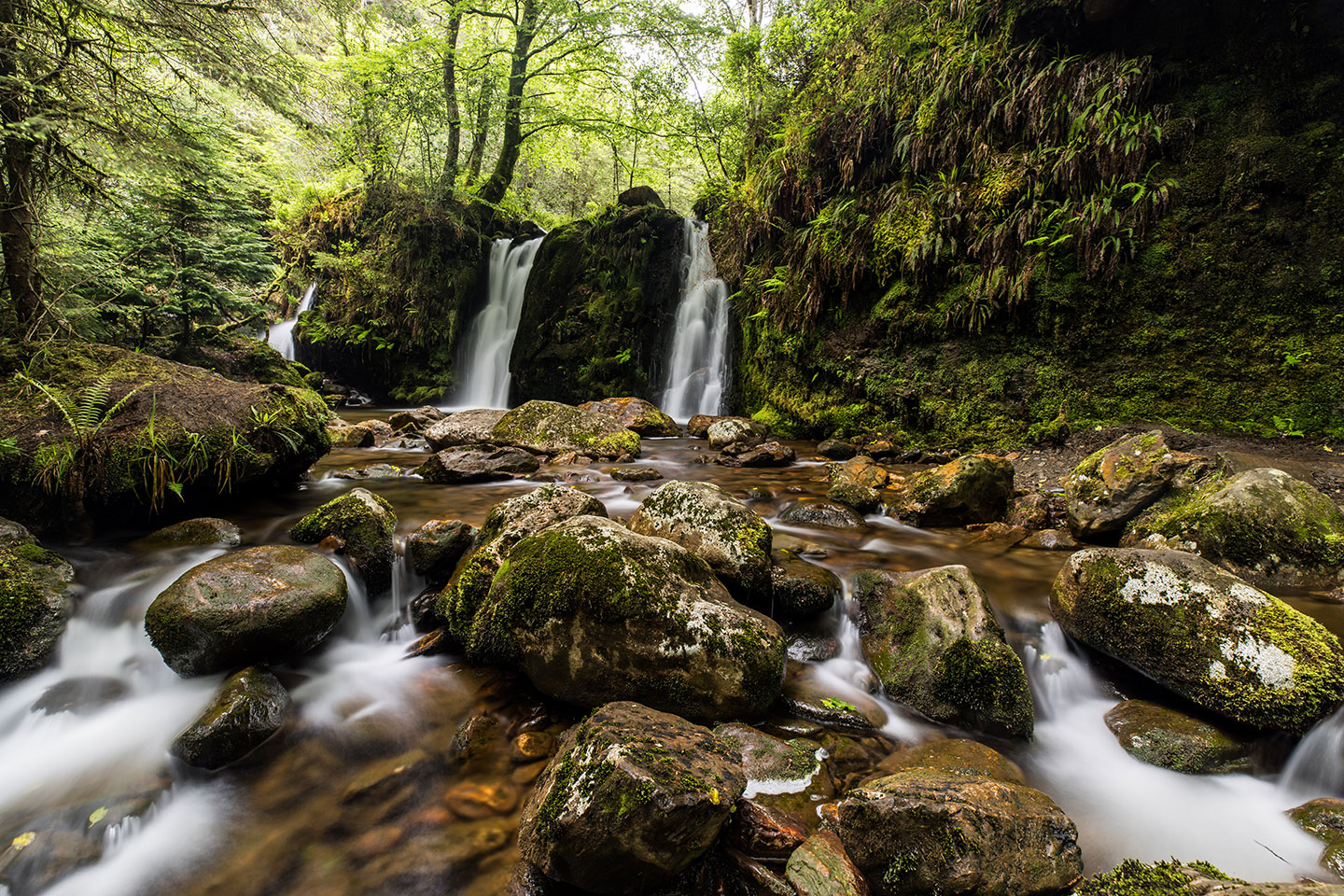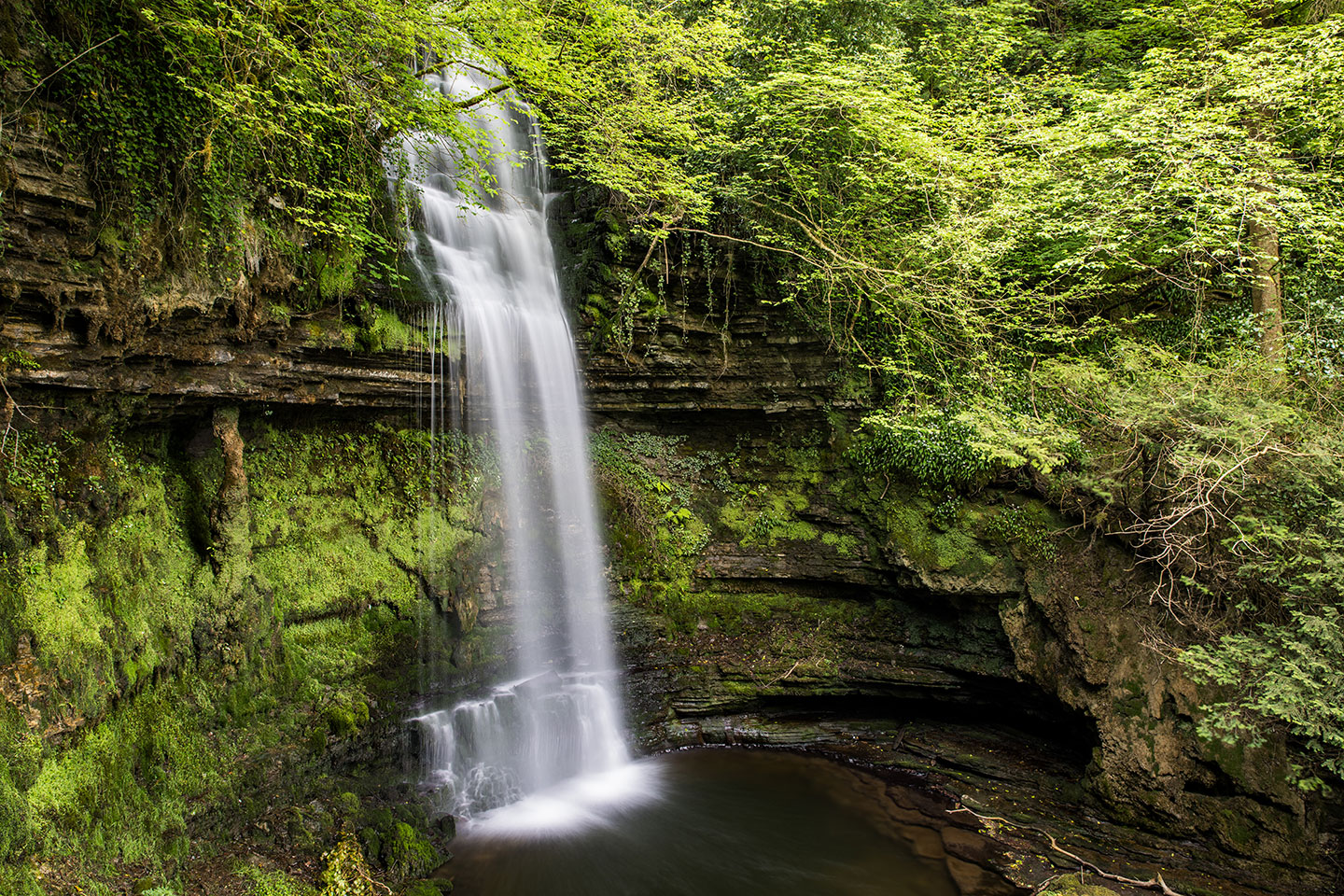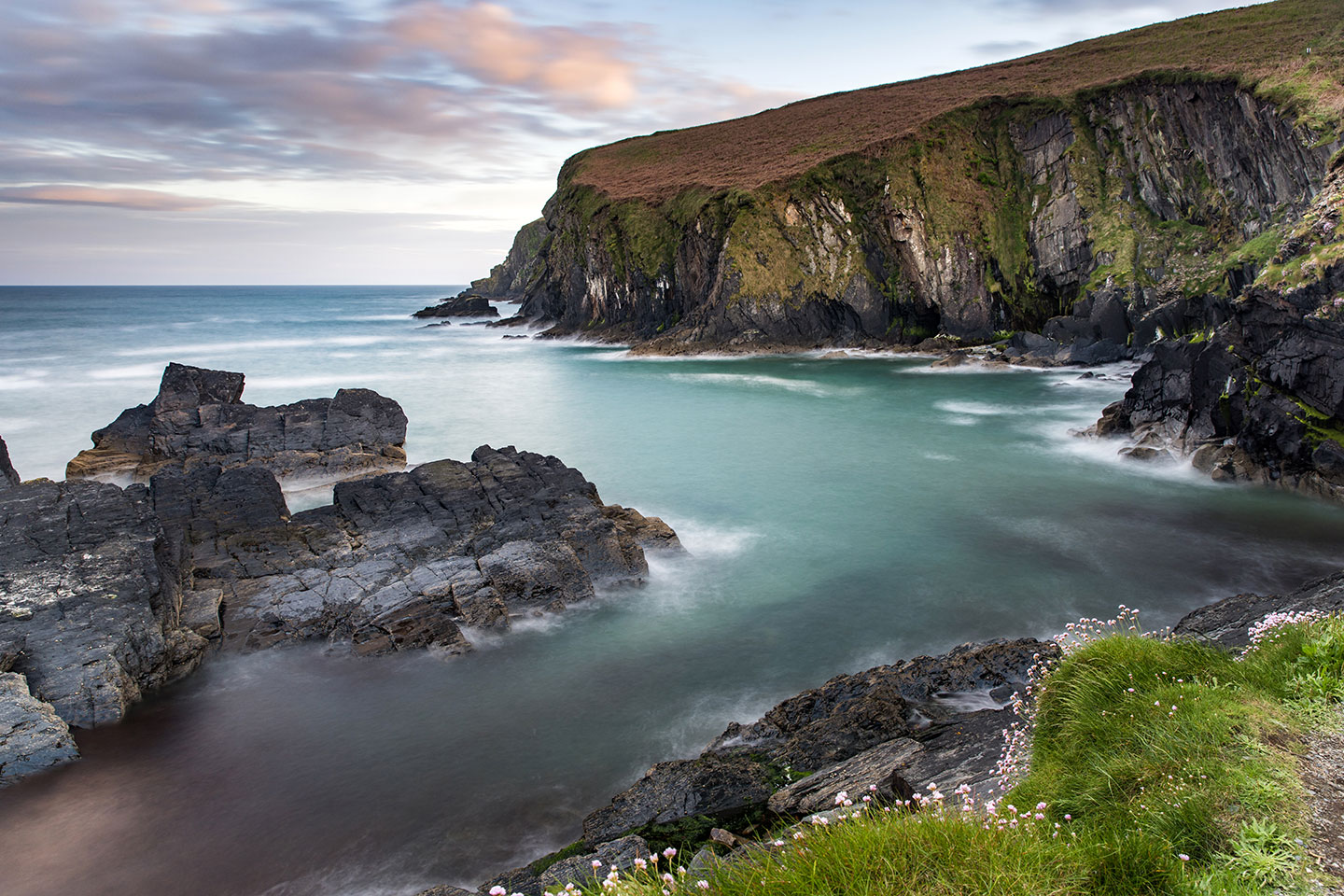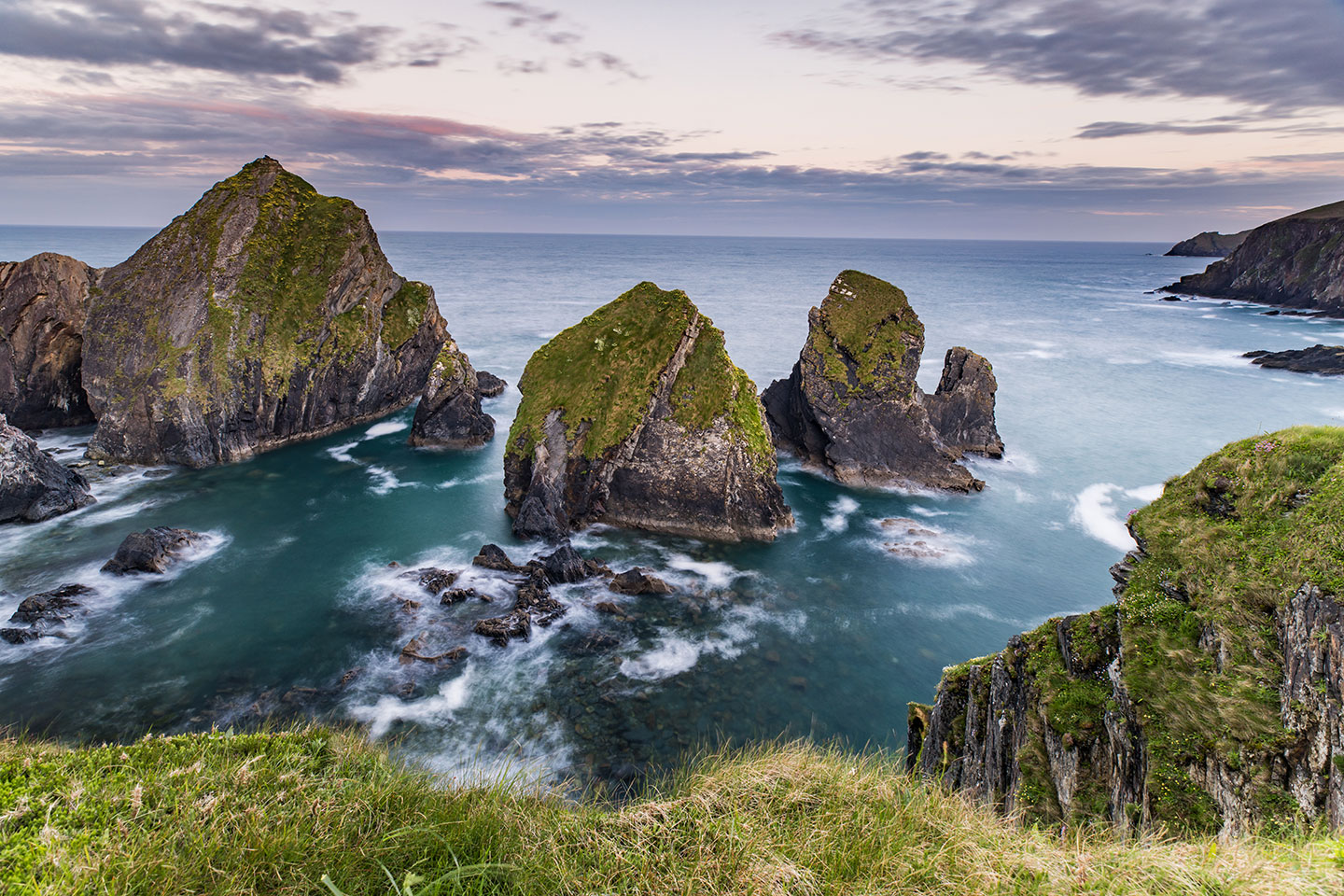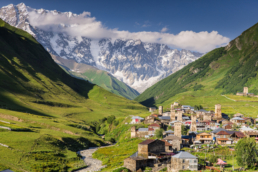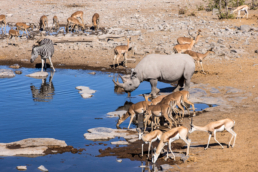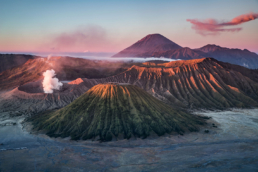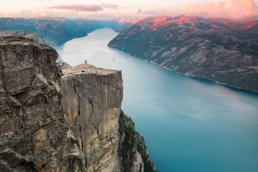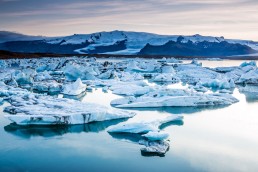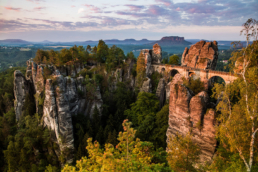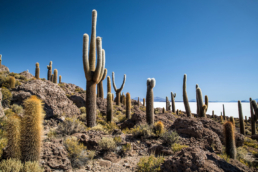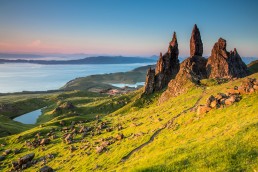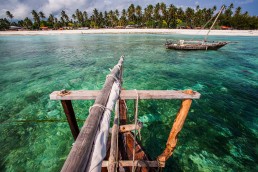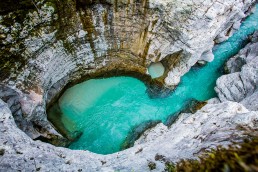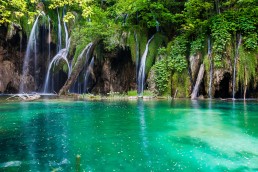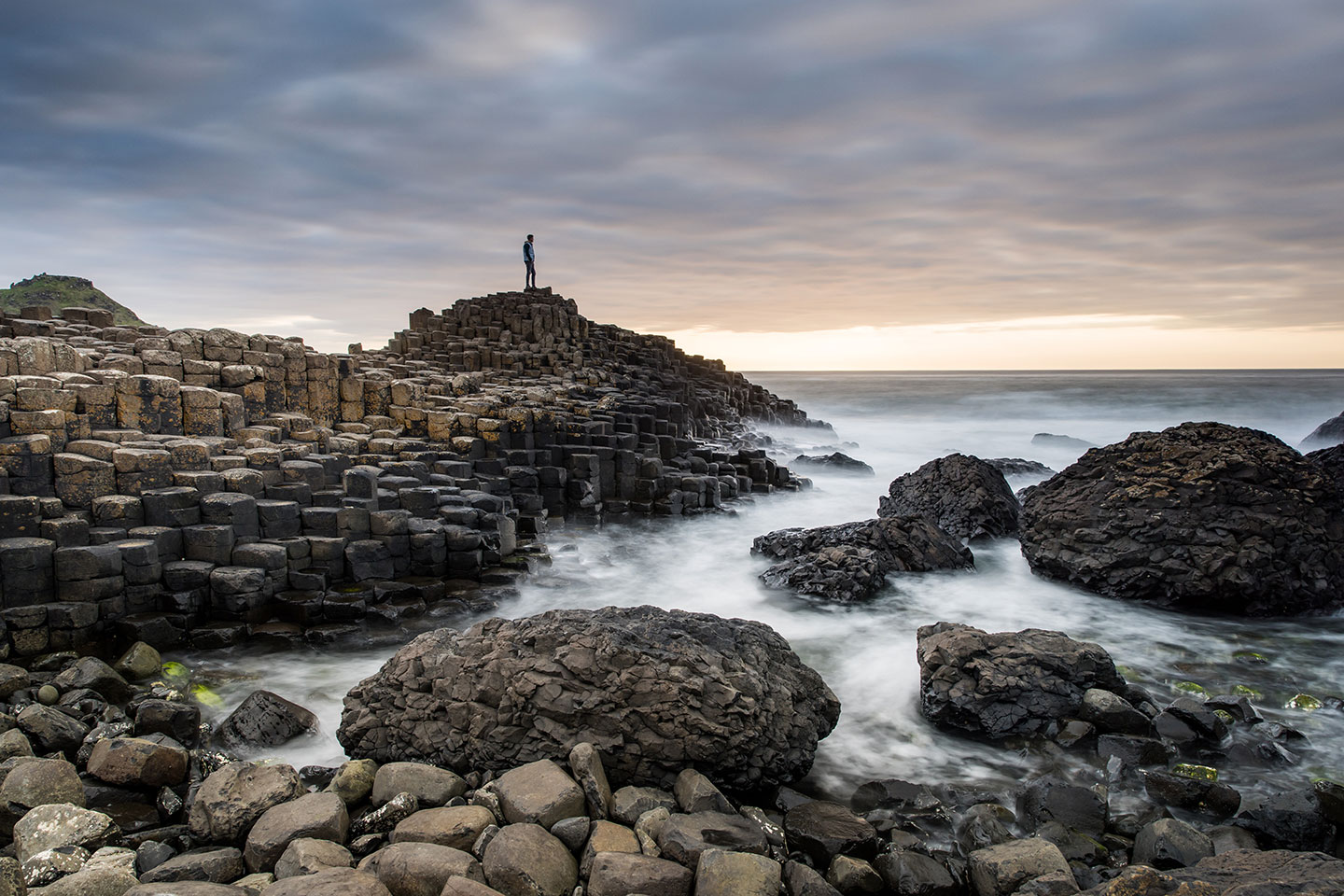
When I first visited Ireland many years back, I knew I had to come back. Visiting in the winter at that time, the weather wasn’t in my favor. And so I went back in May, when my experience was completely different.
Ireland, also known as the emerald isle, is known for its lush green fields, rugged cliffs and historic sites and castles. For travel photographers, this country is truly a must when exploring Europe. Being quite a compact island, the next destination in Ireland is never too far away. It’s a very suitable country for a road trip for a few weeks, allowing you to cover most of the country without rushing it. Summer is one of the best times to explore Ireland as it has the least rain (although it will still rain!) and the temperatures are moderate. Having your own car gives you complete freedom to drive to the most remote areas of the countries, places that others often skip.
Giant’s Causeway and the Causeway coastal road in Northern Ireland
I started off the trip in Northern Ireland, where the Giant’s Causeway is the star of the show. Over 40.000 basalt columns in hexagon shapes rise out of the ocean, formed millions of years ago by lava that melted. Having a car meant I could also drive down the Causeway Costal Road, a beautiful drive passing by dramatic cliffs and ancient castles. A bit further up north, crossing into the Republic of Ireland, is the Inishowen peninsula, with beautiful sand dunes and the rocky cliffs of Malin Head where I watched the sun set over the Atlantic ocean. As a travel photographer, I love to play with light and I usually get up early to take advantage of the early morning light. So up in the Inishowen peninsula, I put my alarm really early to climb up the sand dunes of Lag. As the sun came up, I saw the endless sand dunes covered in green and the northern coast line of Ireland reveal.
For an exact location where the photo was taken, you can save the photo or hover over it.
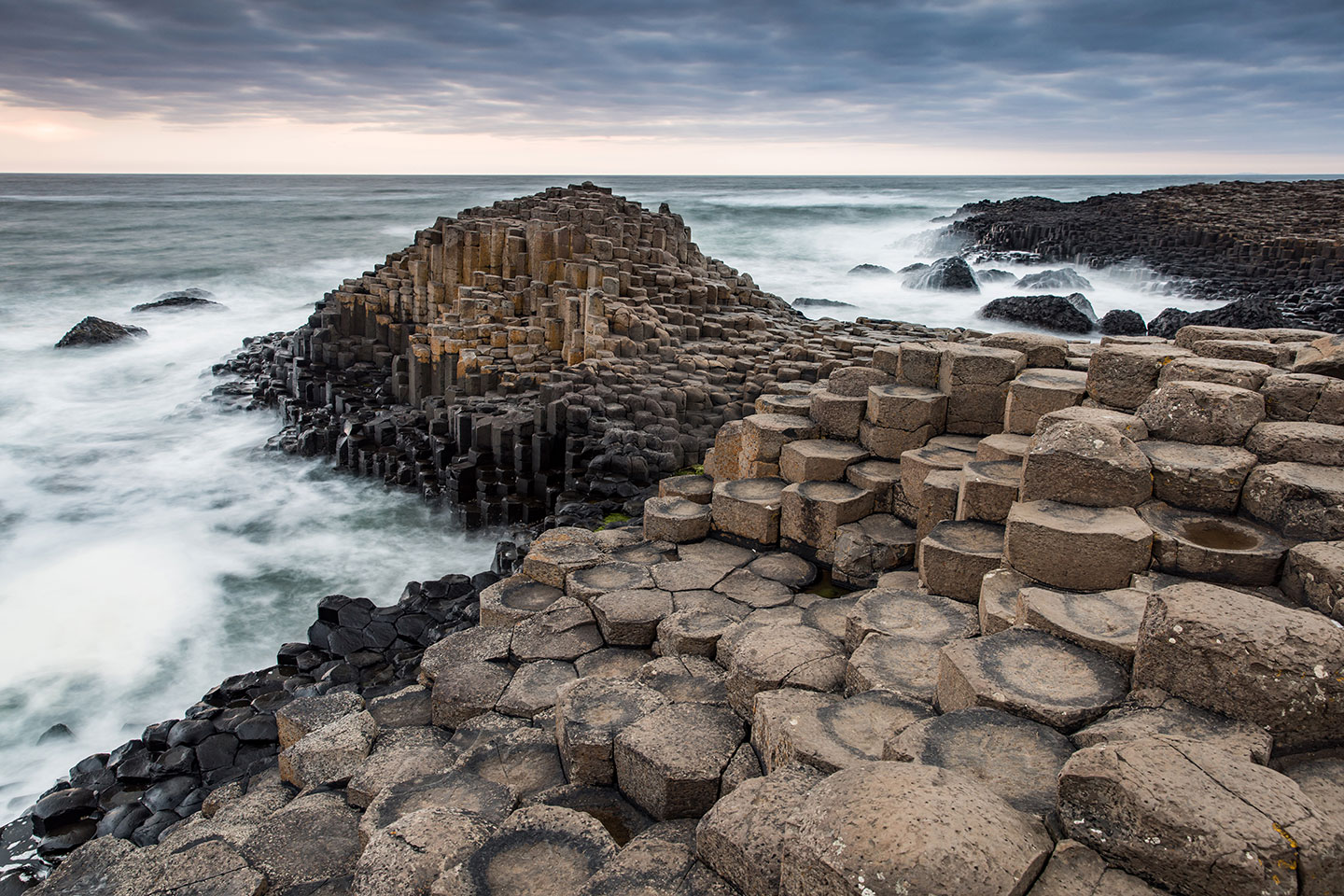
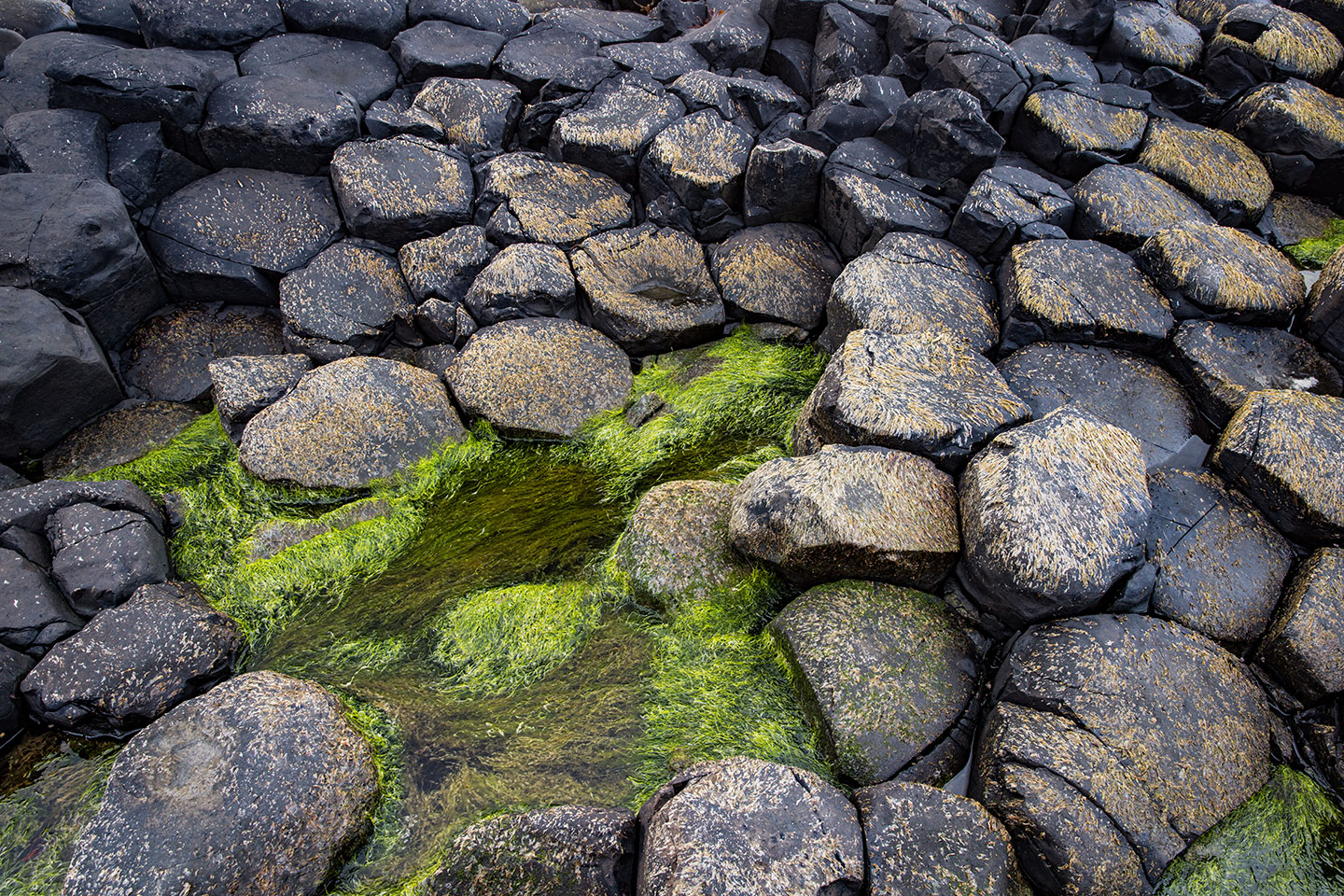
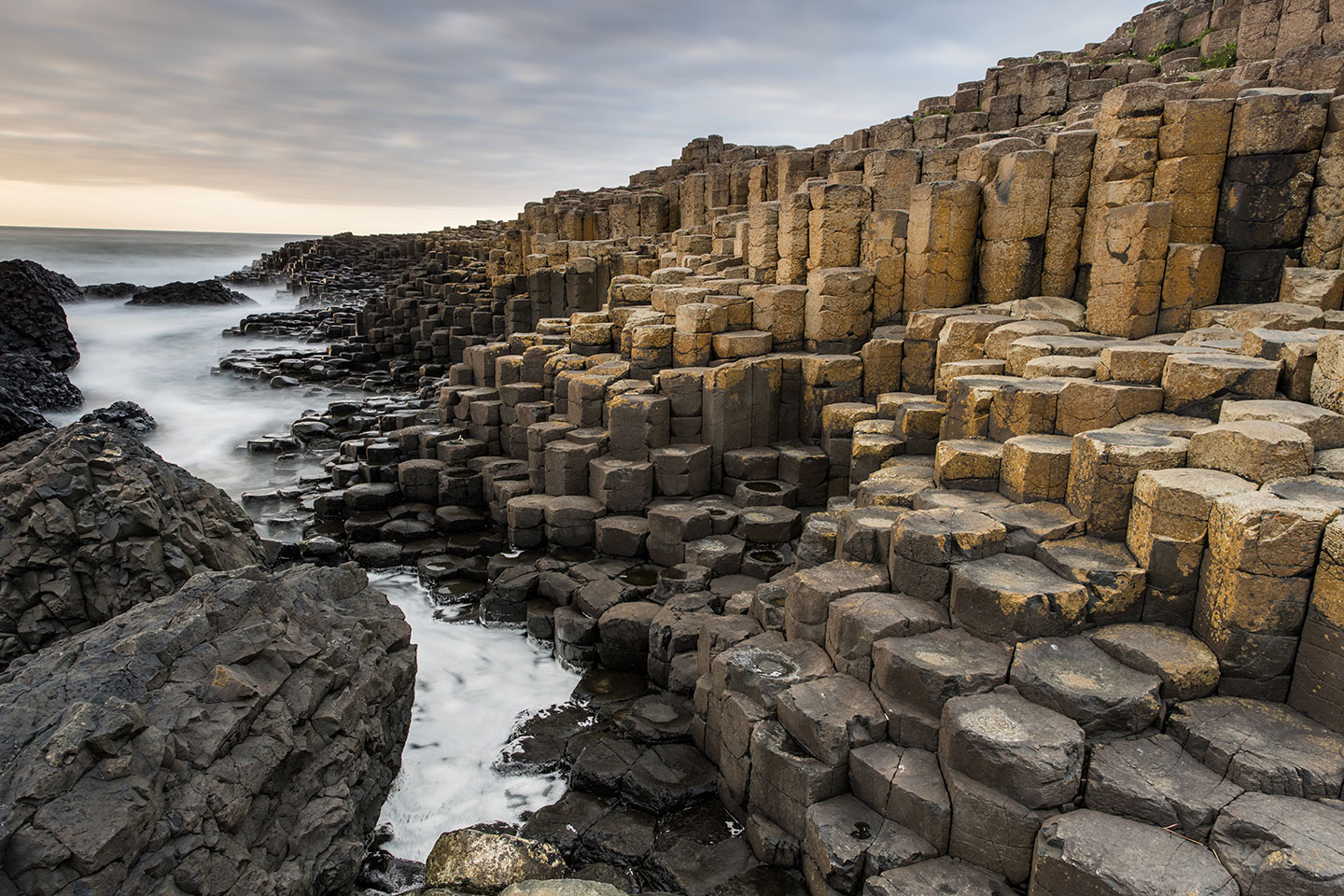
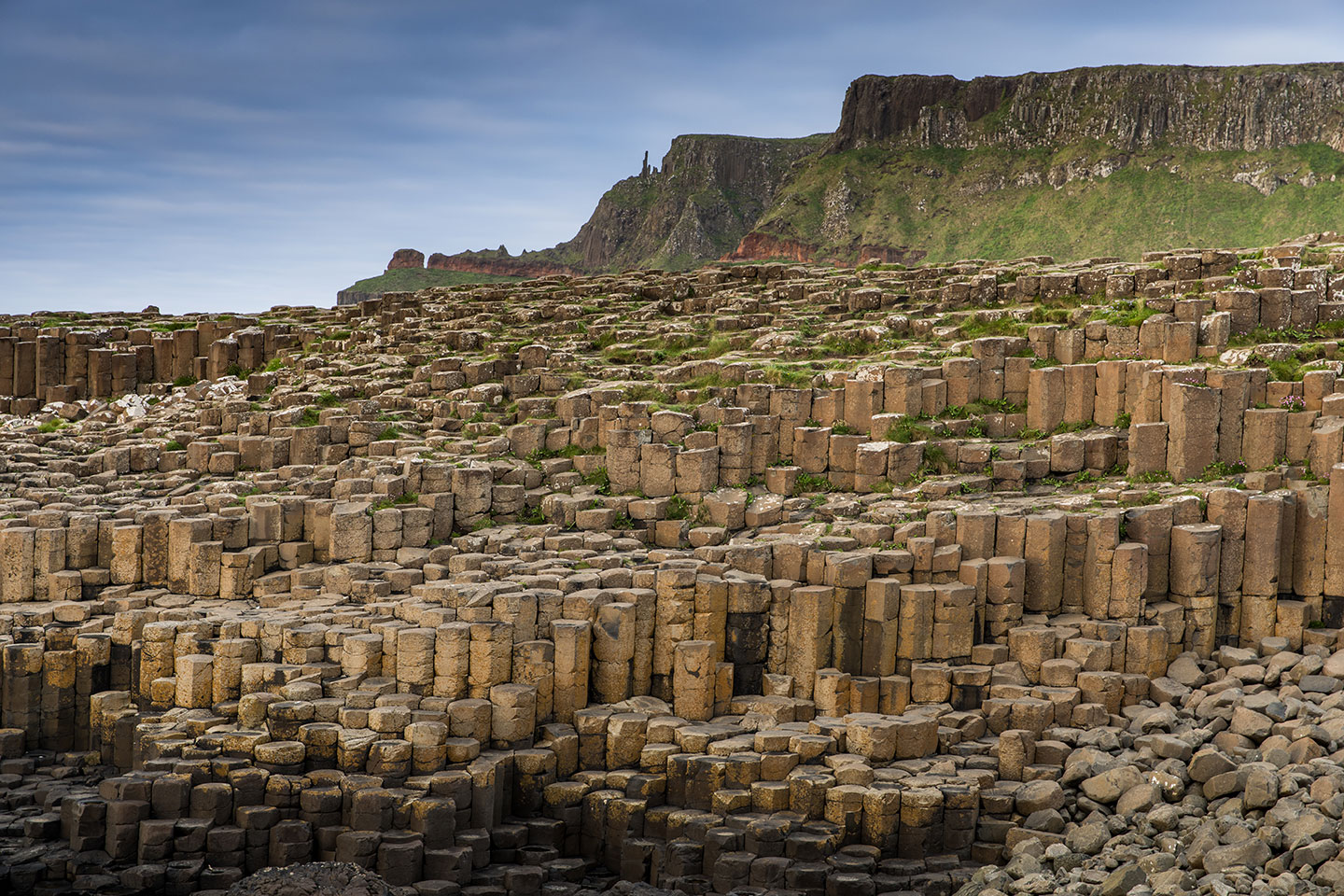
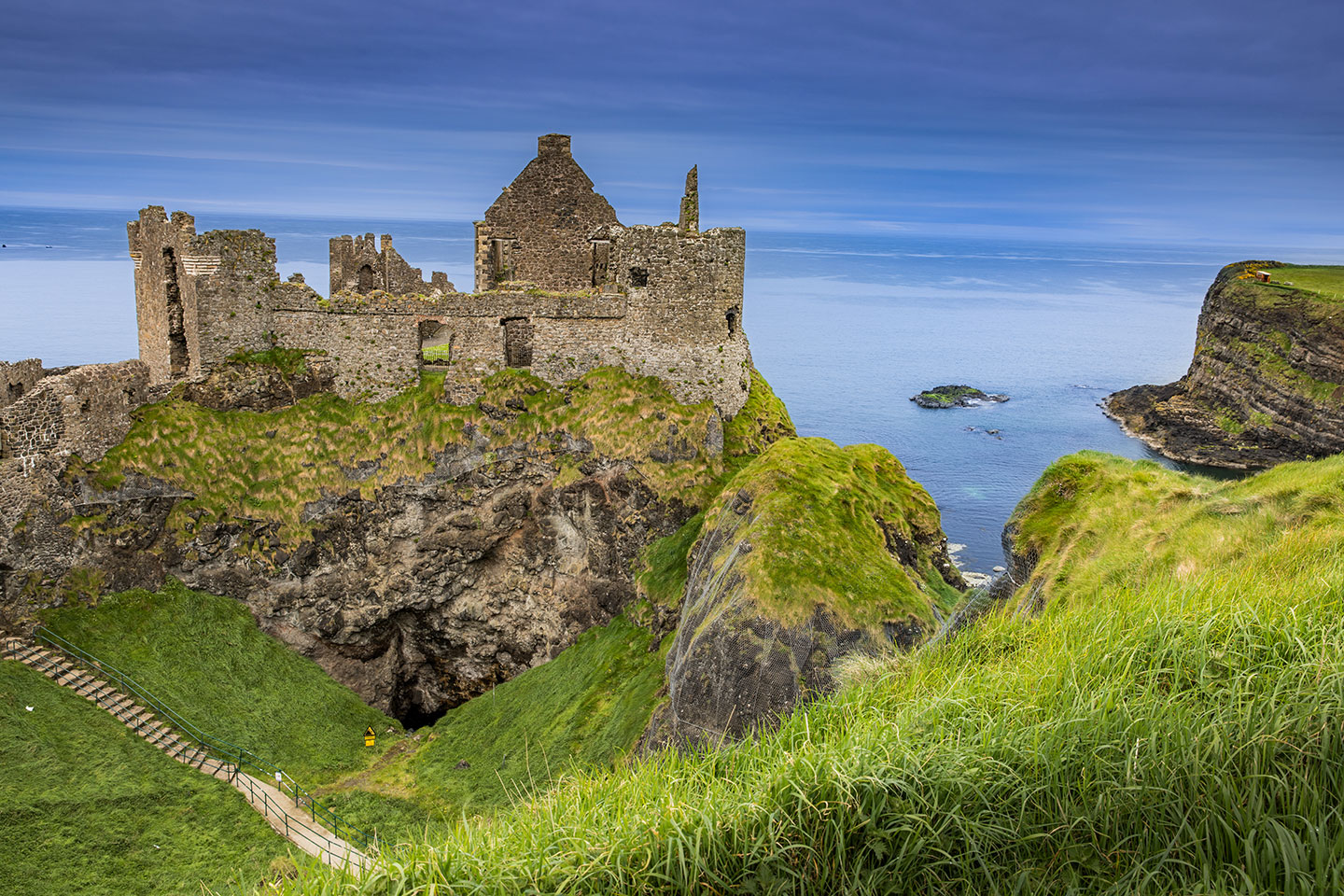
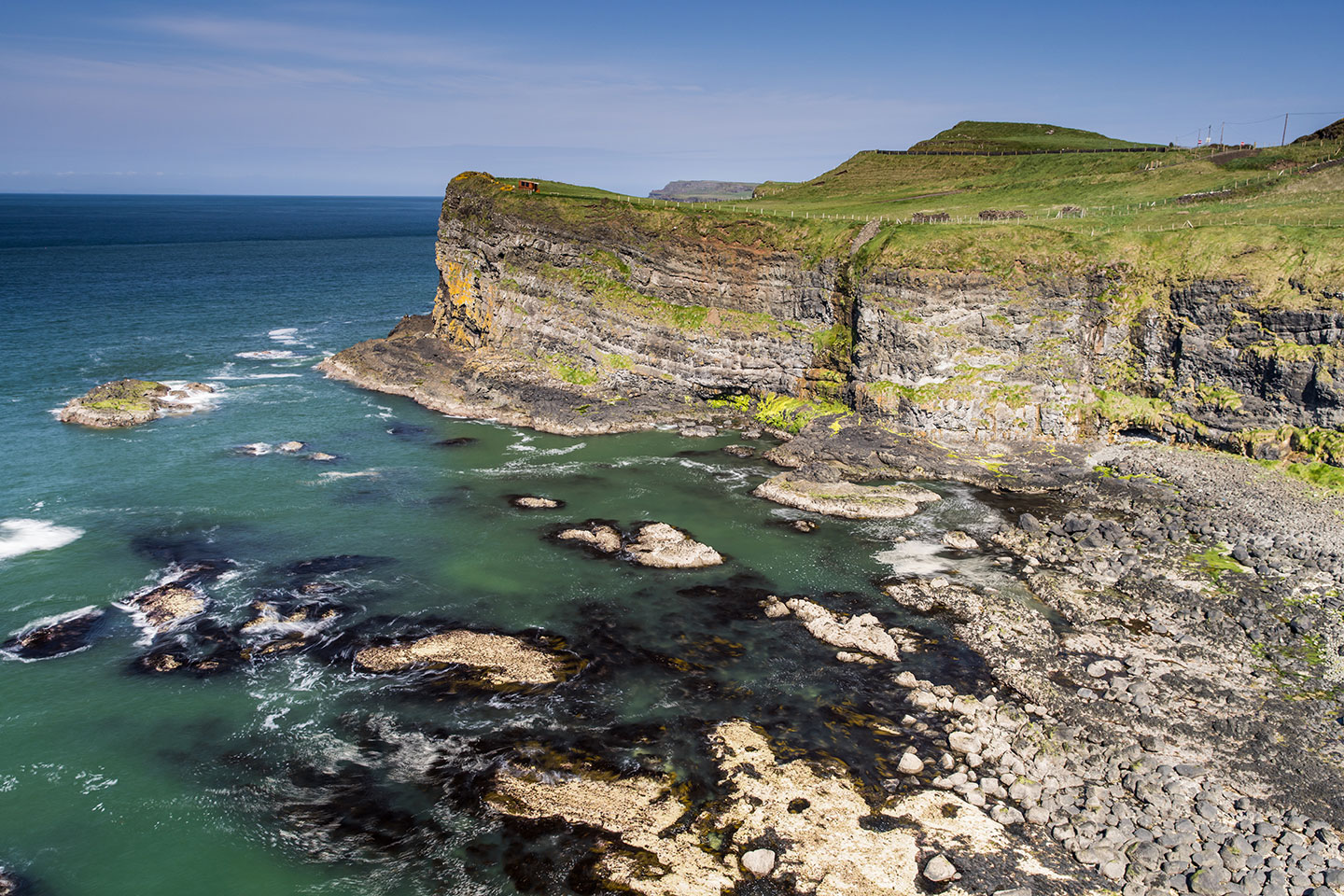
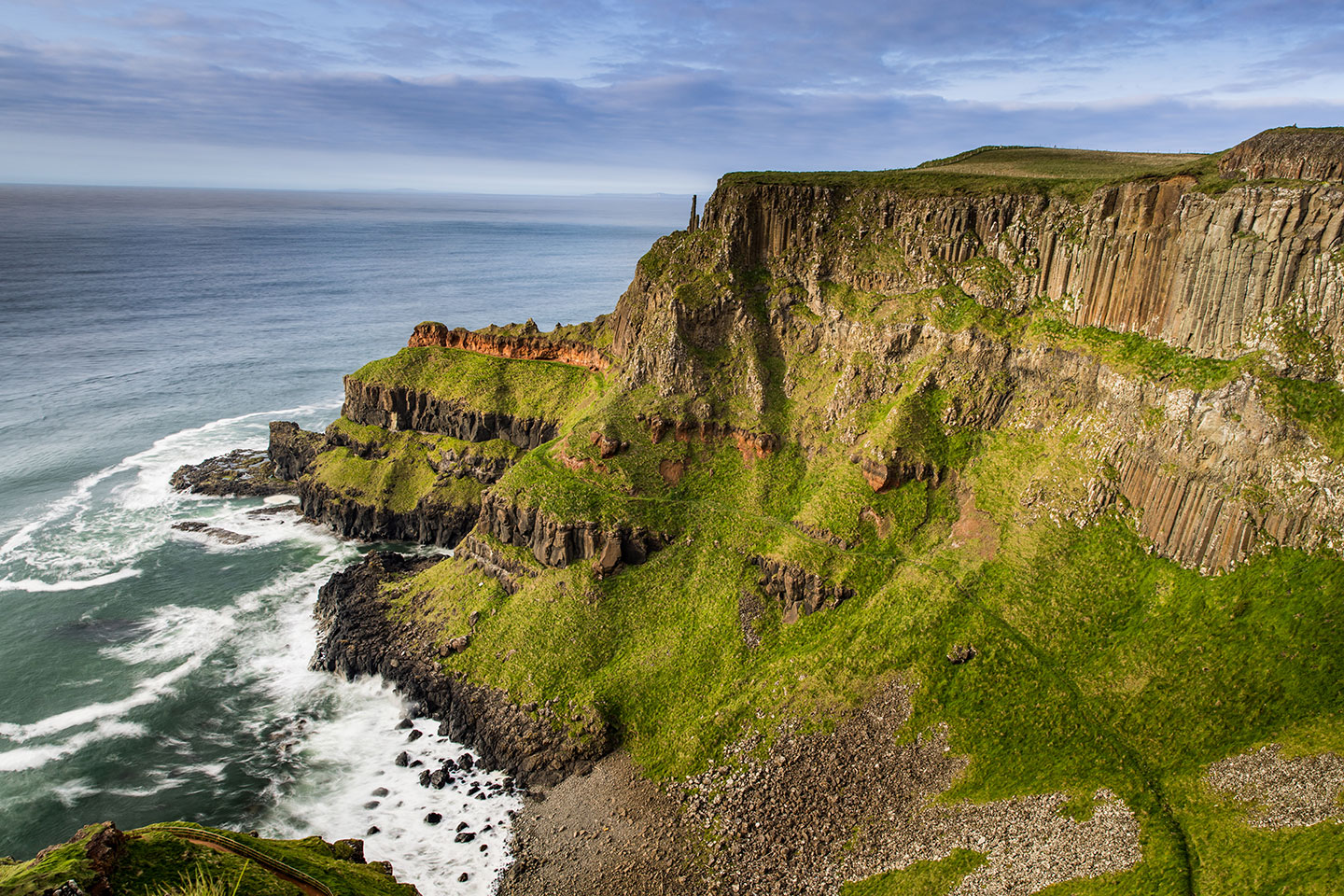
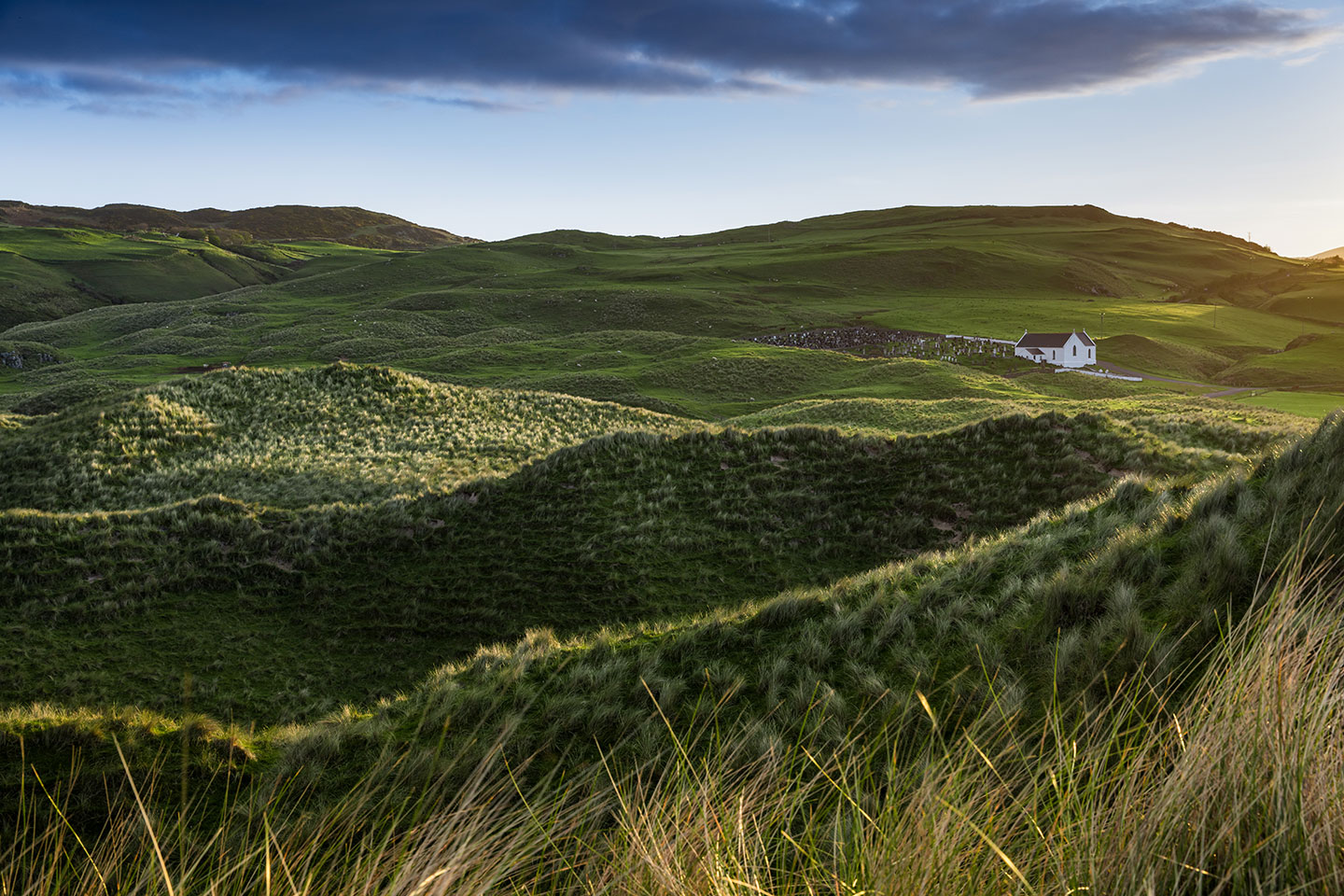
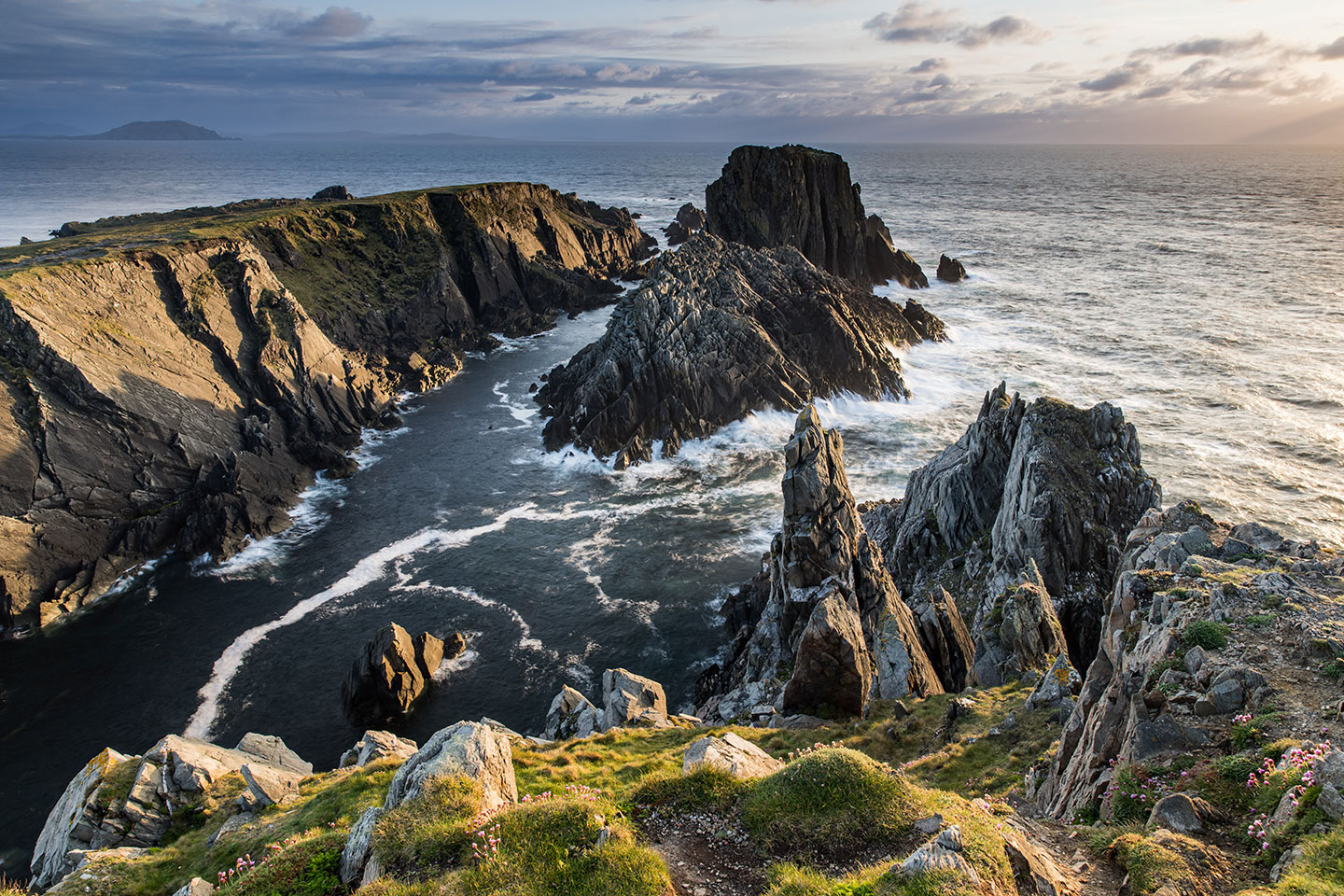
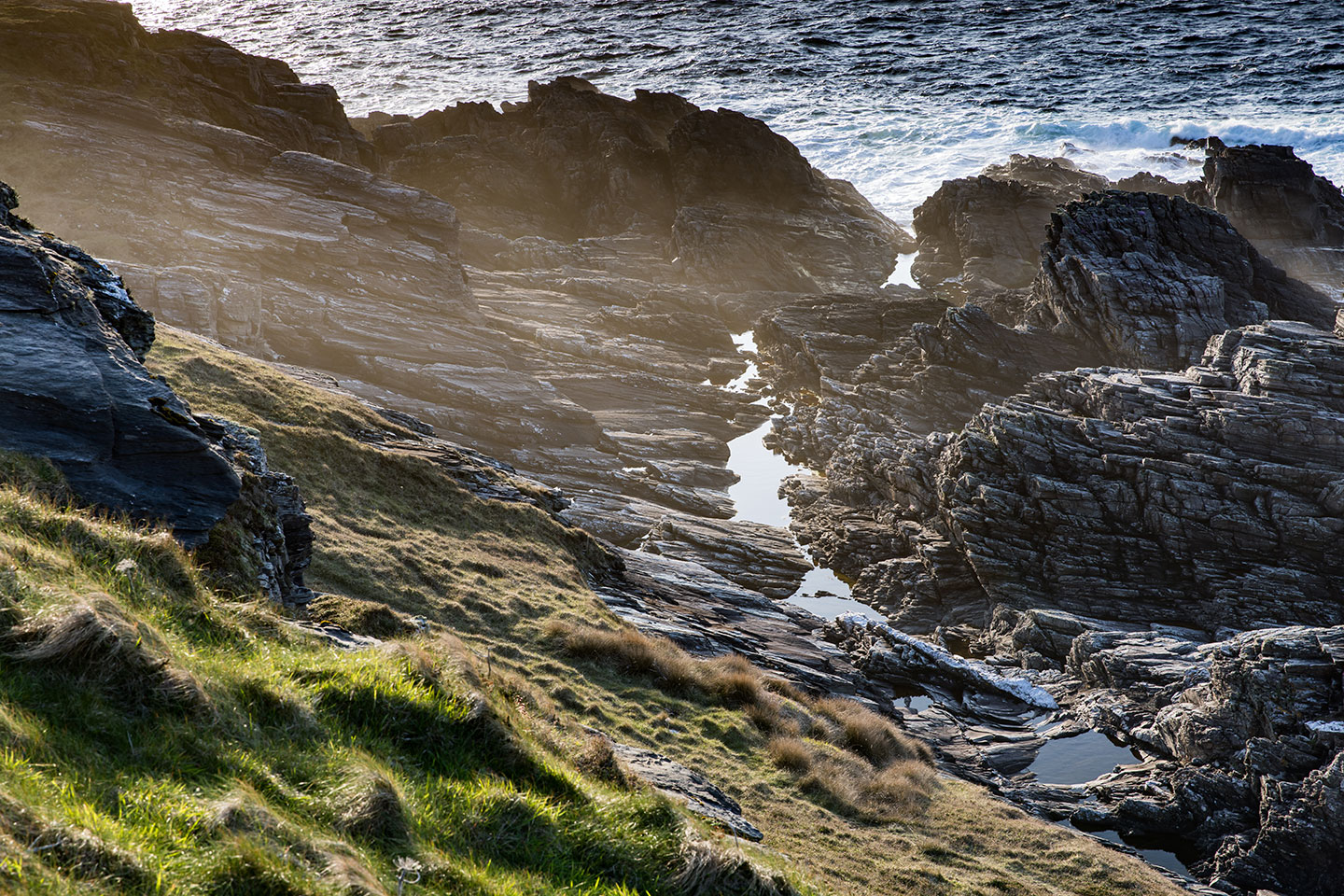
Some of Ireland’s most beautiful districts: County Donegal and Sligo
I then made my way down south, hiking Donegal’s highest mountain, Mount Errigal. From the summit, you get to enjoy views overlooking the Irish coastline and see the landscape of the Glenveagh National Park beneath you. The hike is strenuous but very rewarding. My next stop on my 2 week Ireland itinerary took me to Sligo County with the majestic Benbulben mountain, that is called Ireland’s version of the table mountain in South Africa. Here this giant plateau mountain rises out of the green landscape, surrounded by hills that end up in the Atlantic ocean. If you’re in the area, make sure to see Classiebawn, an old mansion that’s perfectly framed with Mount Benbulben in the background. As there was high solar activity in the northern part of Europe, I even managed to see the northern lights very clear!
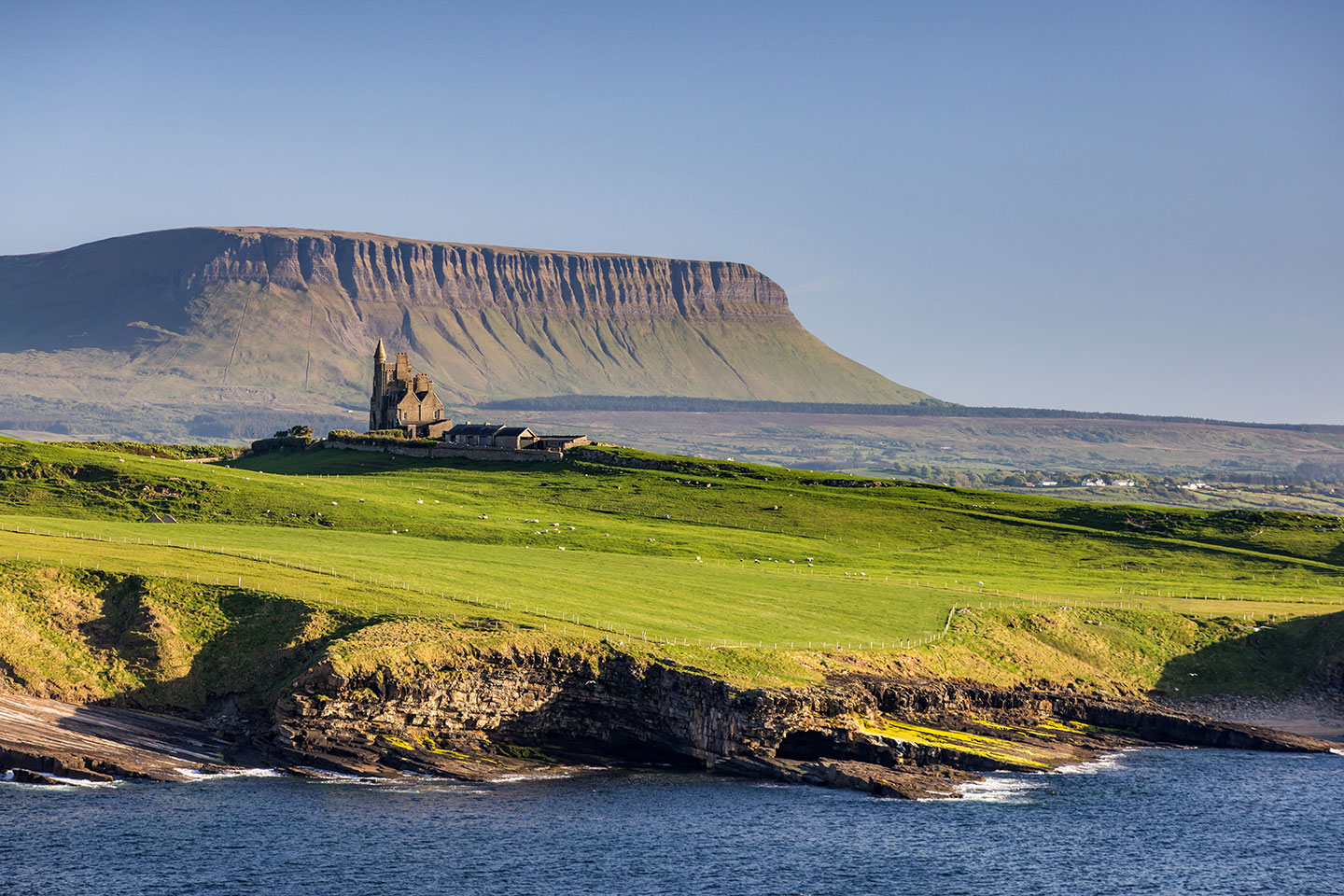
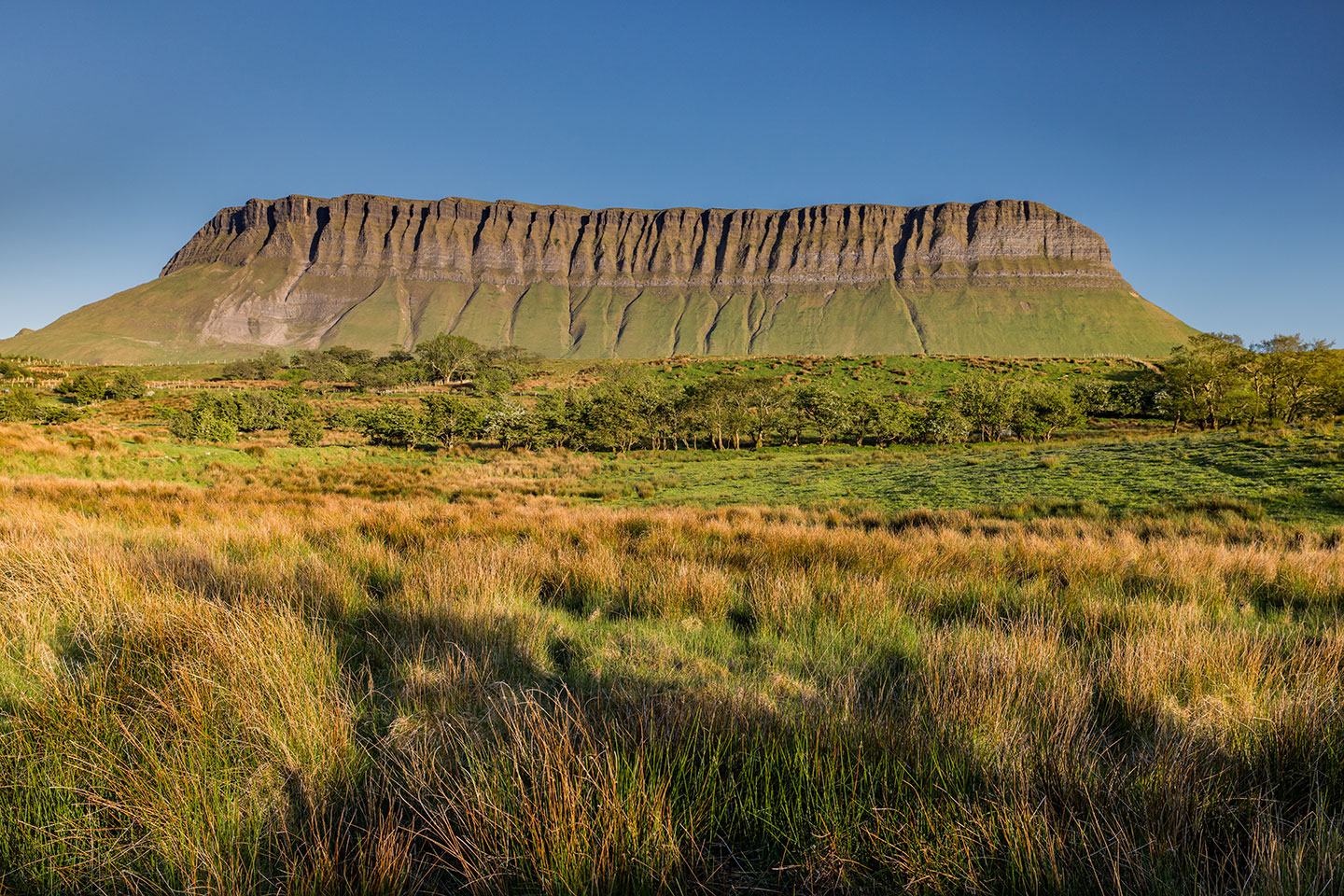
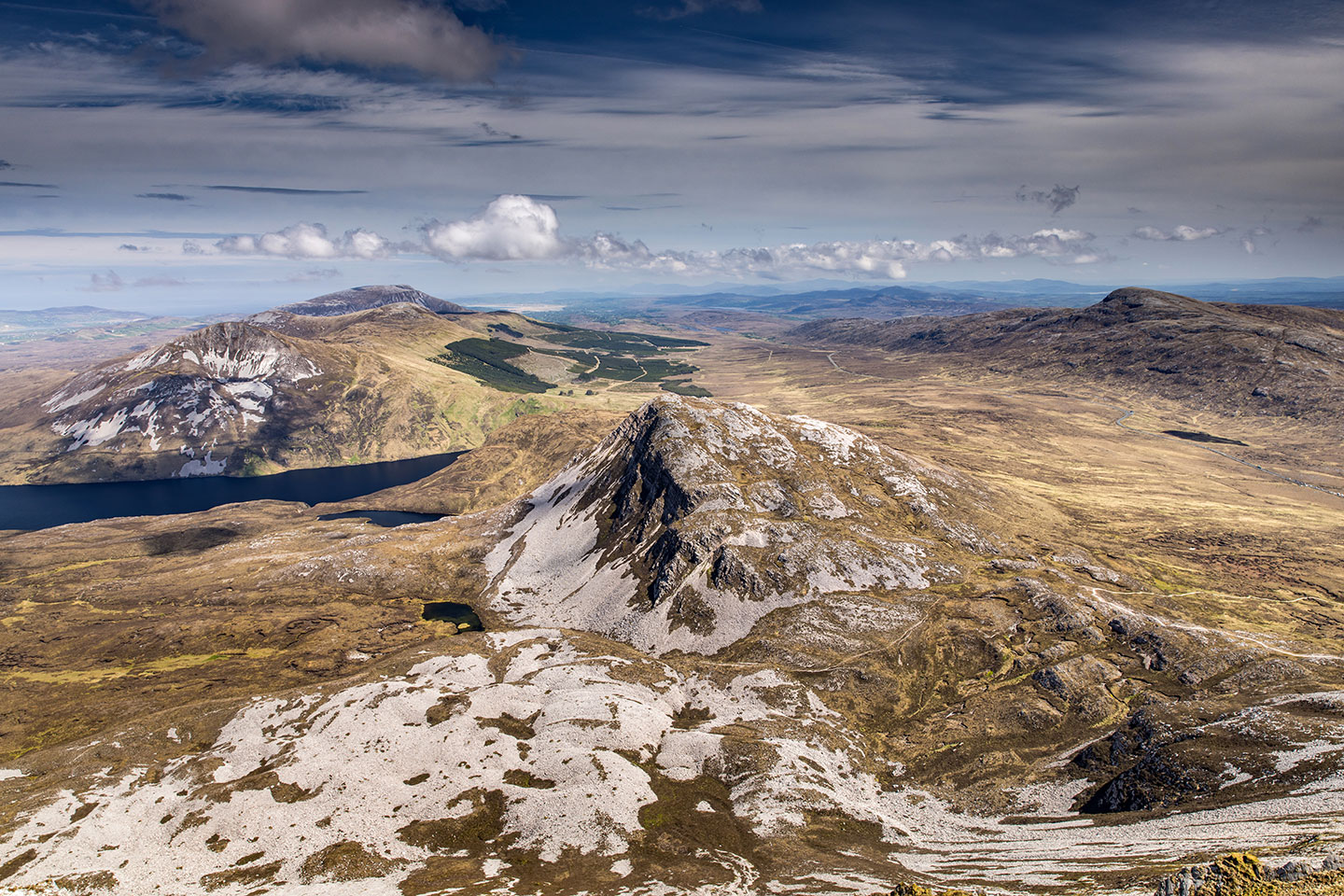
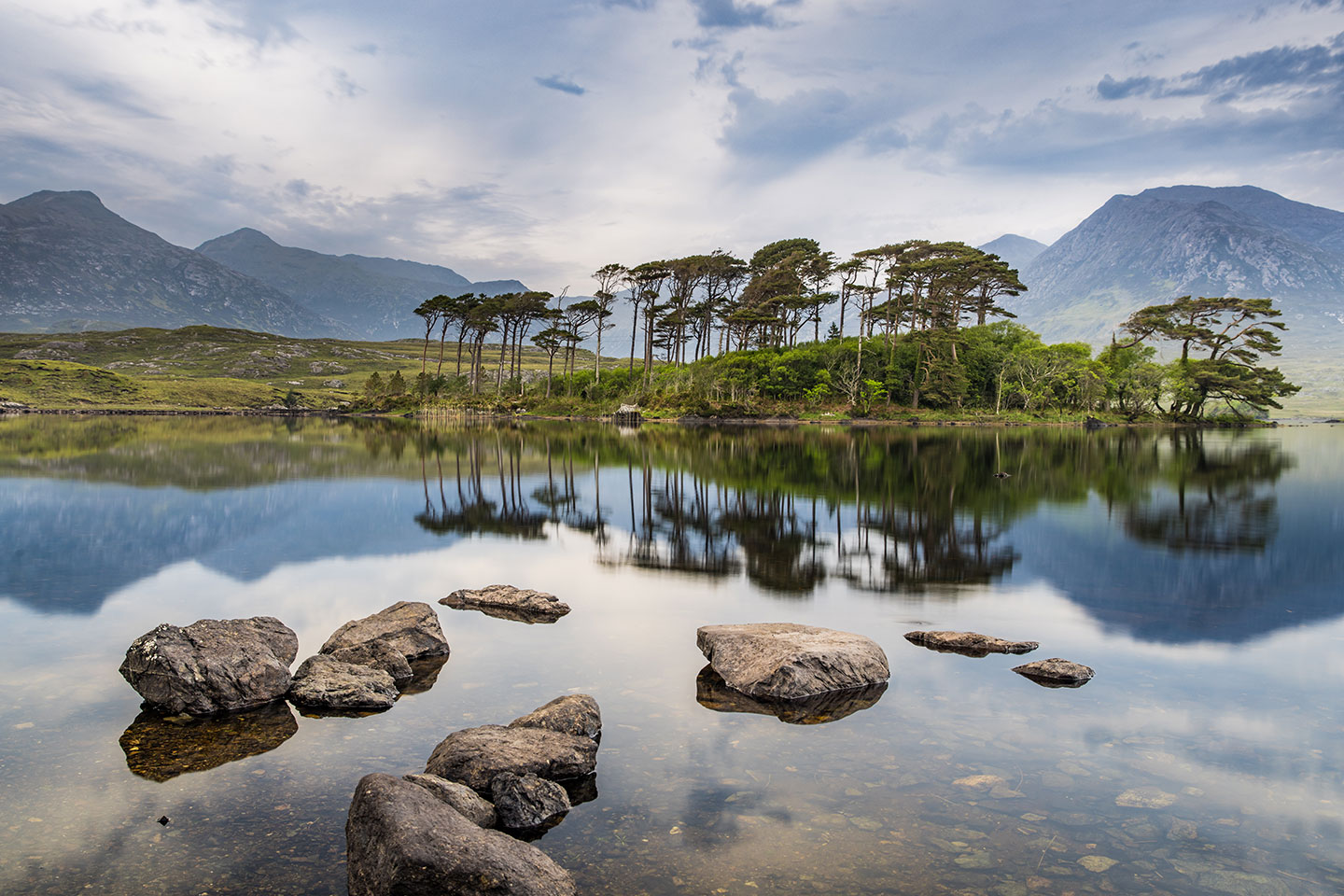
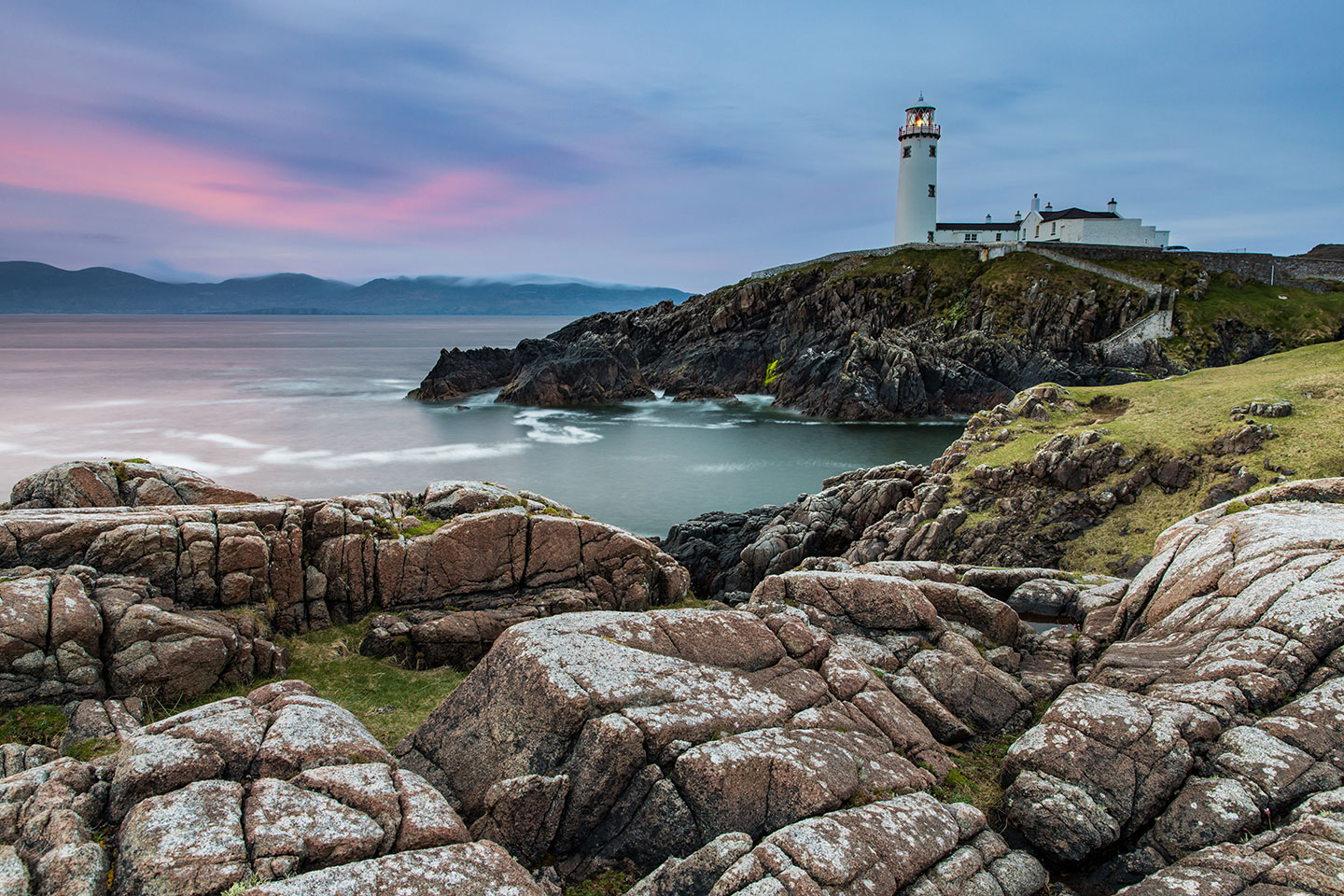
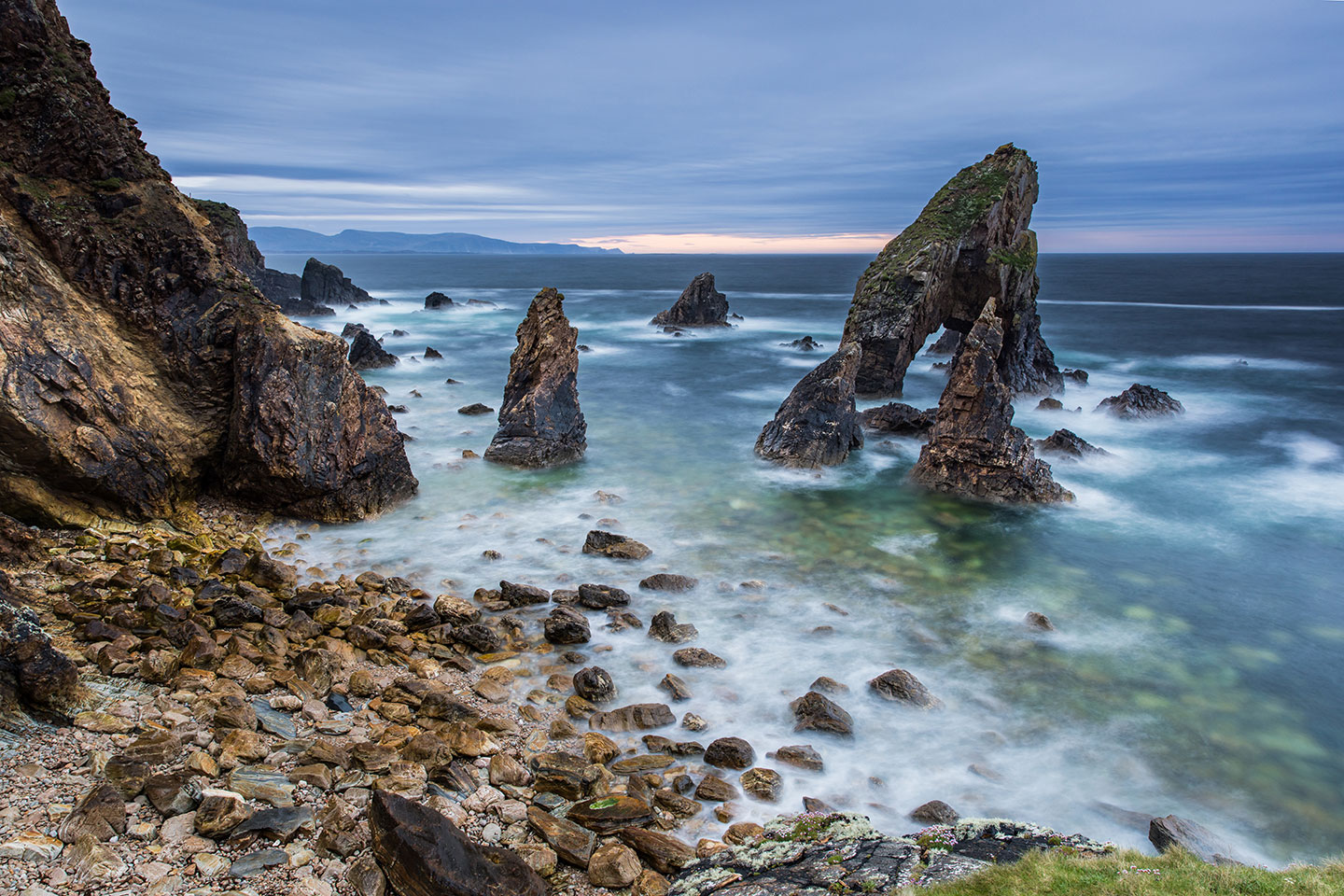
The steep cliffs of Moher
The coastline is what makes Ireland so unique. Perhaps the most iconic and well-known place in the country is the Cliffs of Moher. Dropping down into the ocean almost completely vertically, these cliffs are truly impressive. I spent the afternoon walking along the trails of the cliffs and got rewarded with beautiful views at the end of the trail. The weather looked back and I almost decided to leave the cliffs for another day, but then I saw the weather change quickly and decided to hike along the cliffs anyways. It turned out to be a gorgeous afternoon and had the viewpoint at the end of the hike all the way to myself!
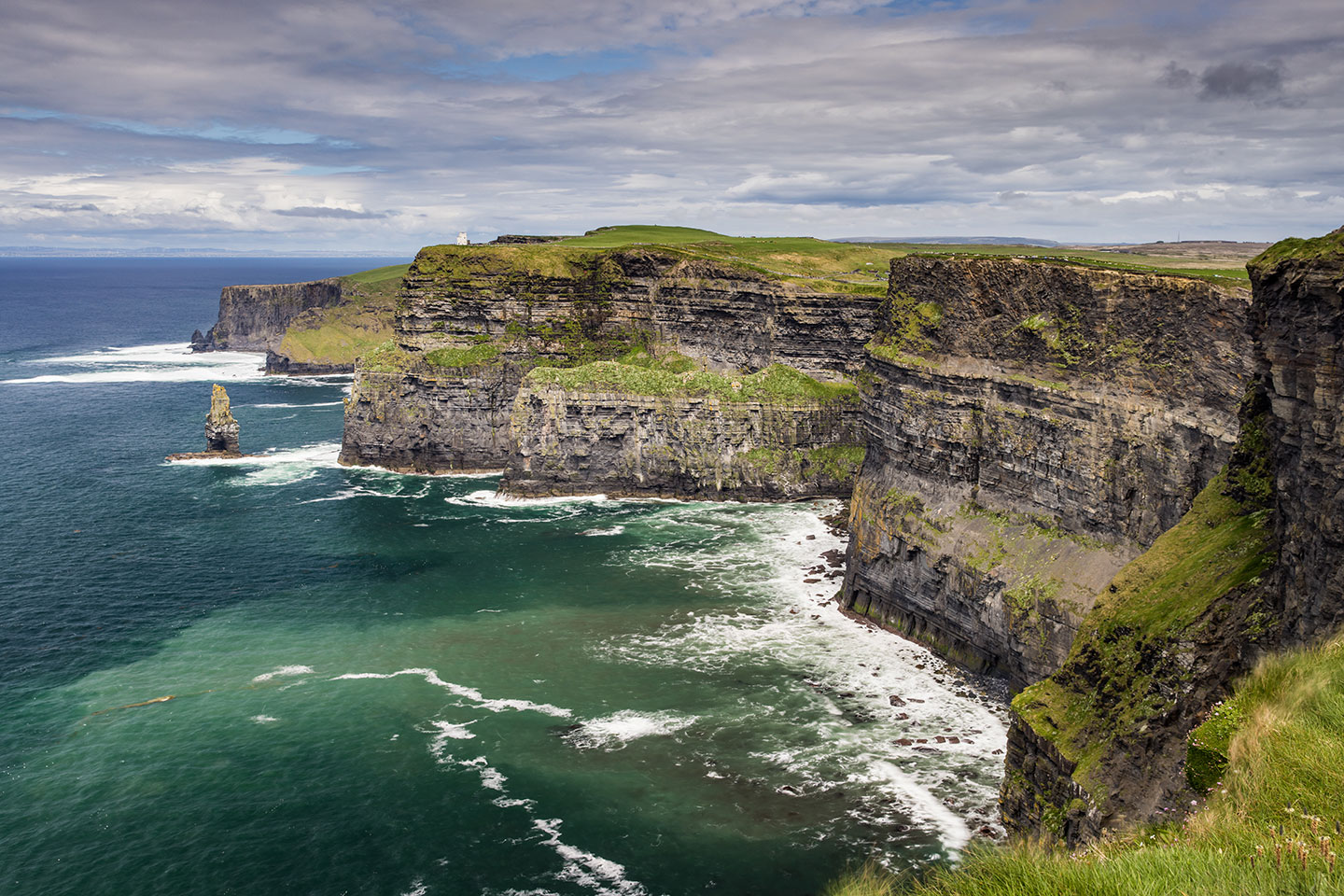
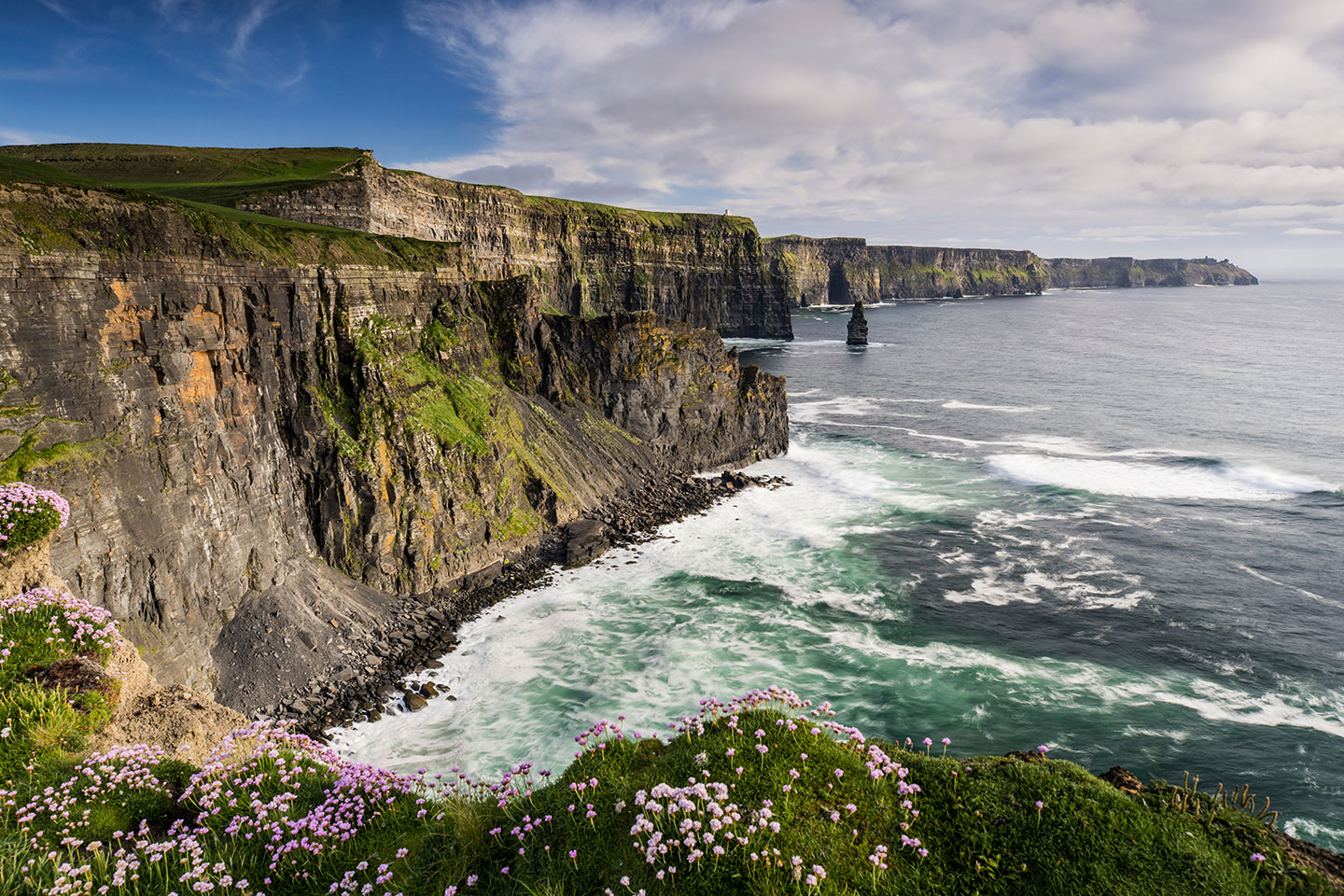
Driving around the Dingle peninsula and the Ring of Kerry, Ireland’s southern coast
Further south, Irelands dotted with peninsulas, of which the Dingle peninsula had to be my favorite pick. Here, it feels as if time has stood still. Think of green hills and winding roads along the ocean as far as your eye can see, with barely any people in sight. Another beautiful drive in Ireland that’s not too far away from Dingle has got to be the famous Ring of Kerry, a winding drive that takes you along cliffs and isolated beaches all along the south coast of Ireland, such as the rocky Derrynane beach with clear blue waters that looked like something out of the Caribbean. Having dipped my toes in the water, I can confirm it was very deceiving and felt like nothing in the Caribbean. The south is also home to some of Ireland’s iconic historic sites such as the rock of Casthel, an old abbey towering over the green landscape.
